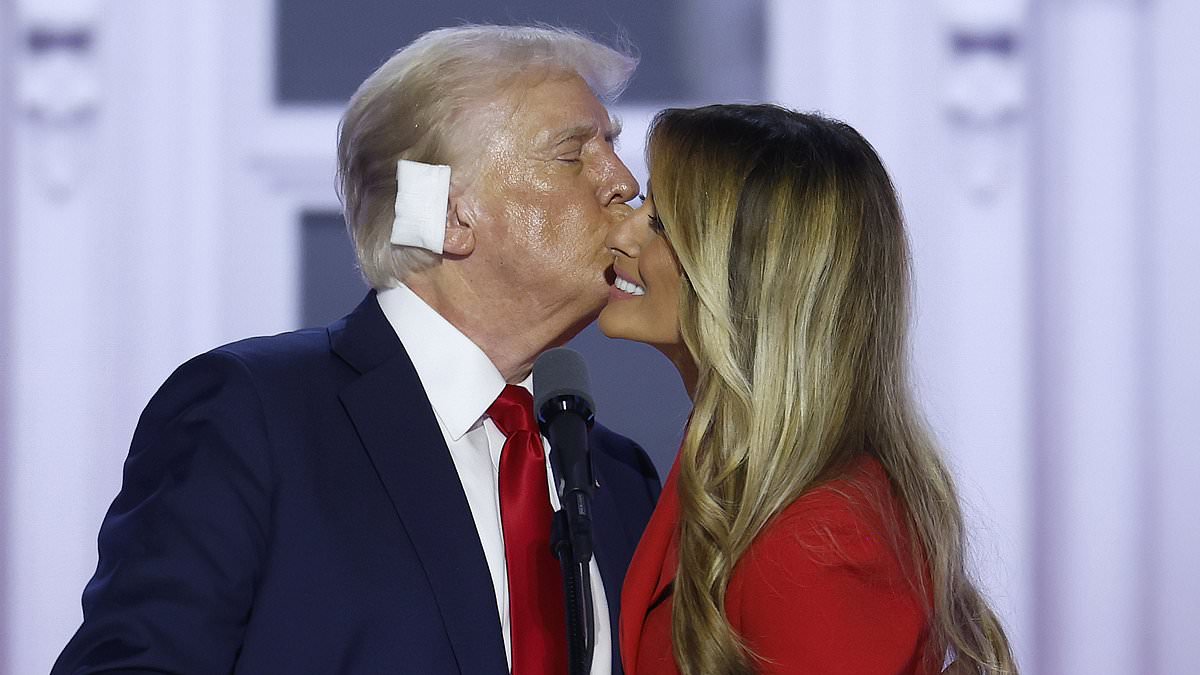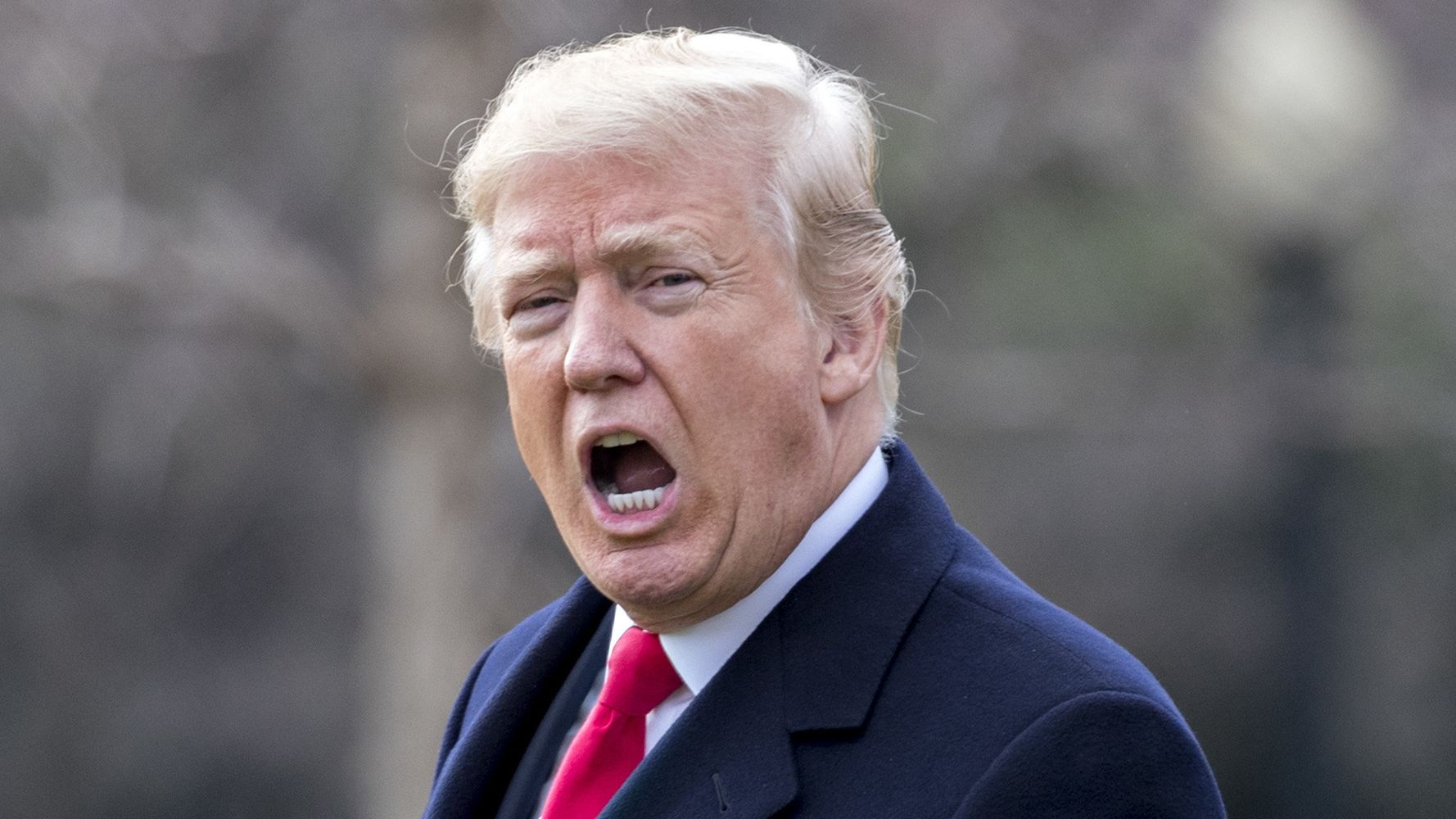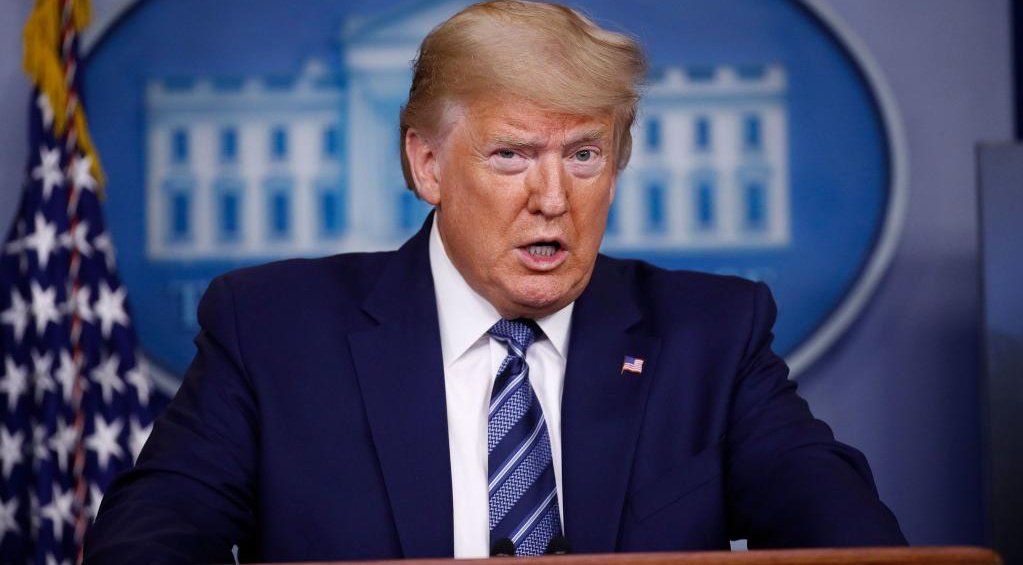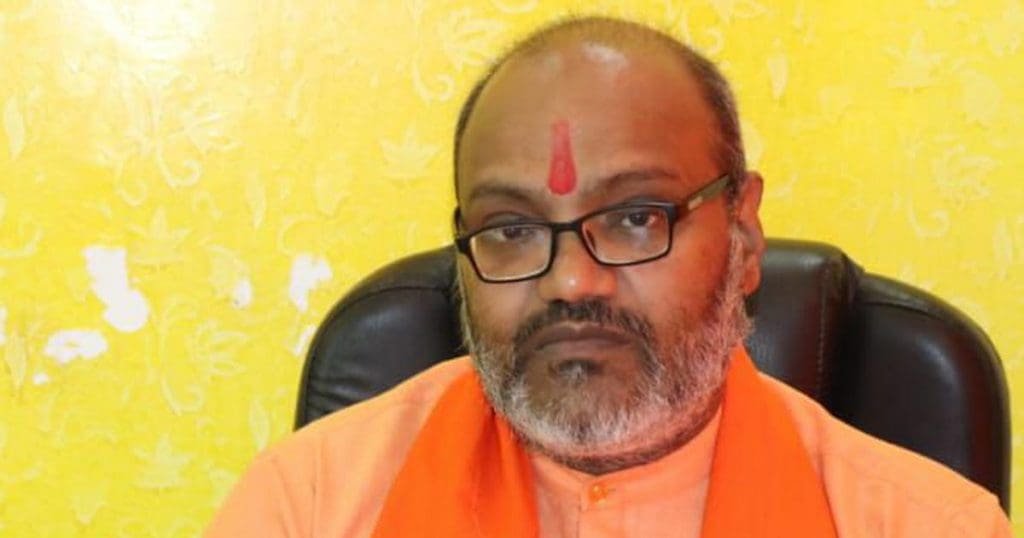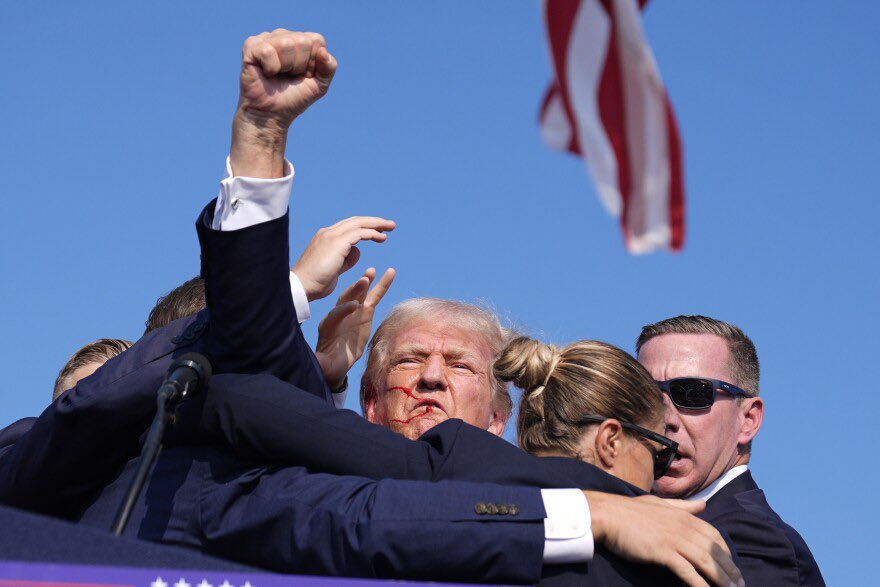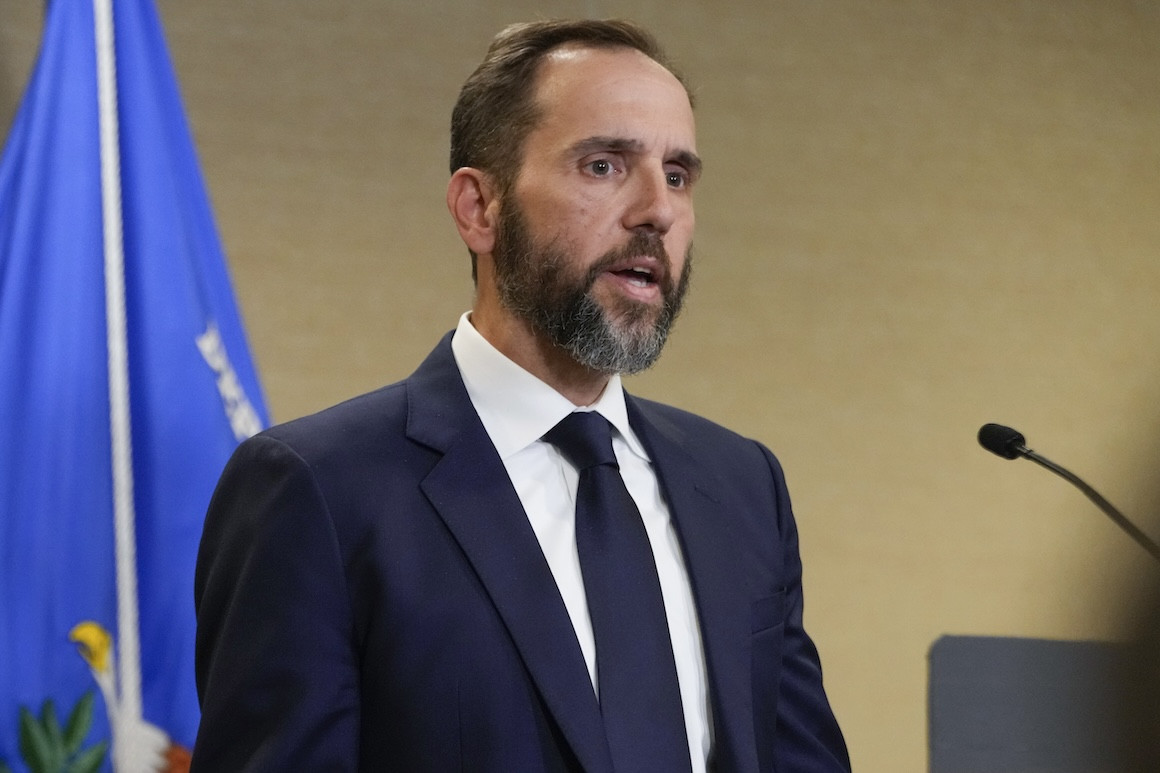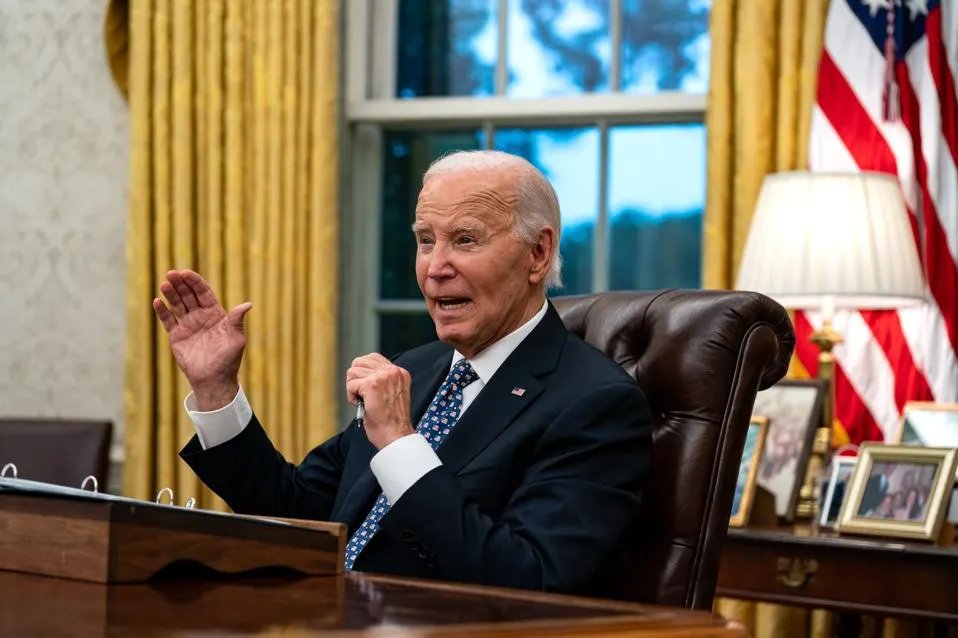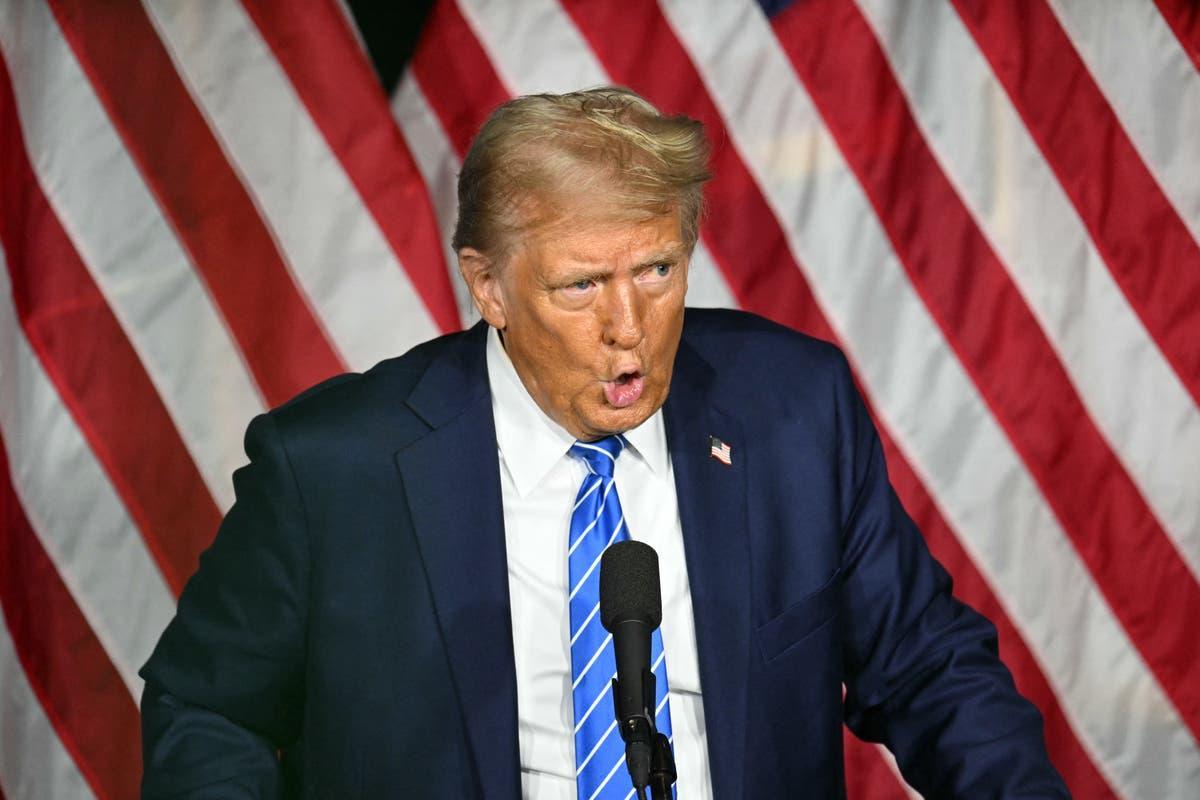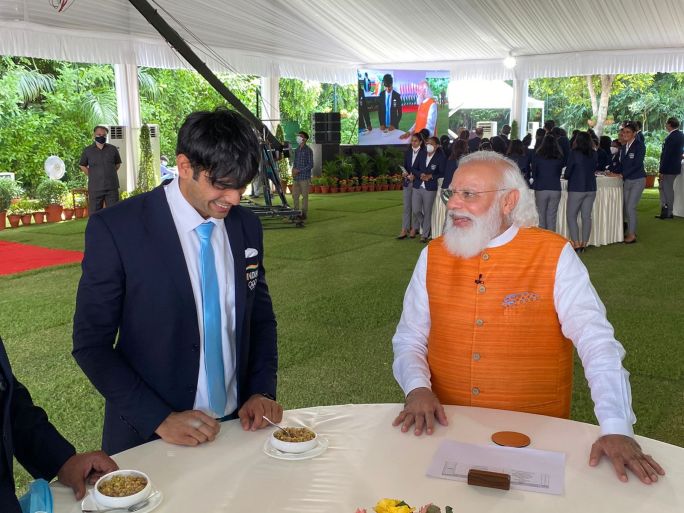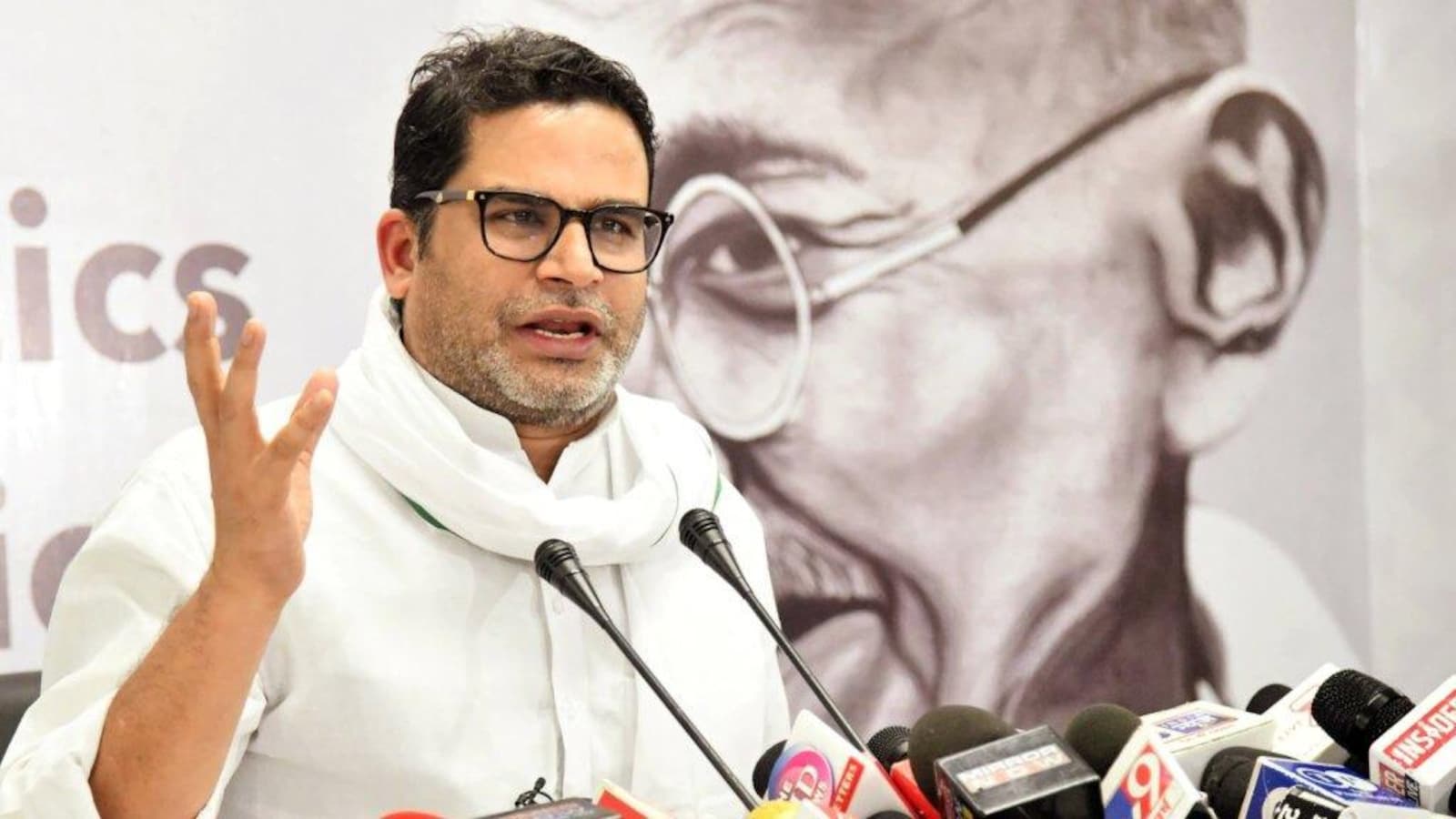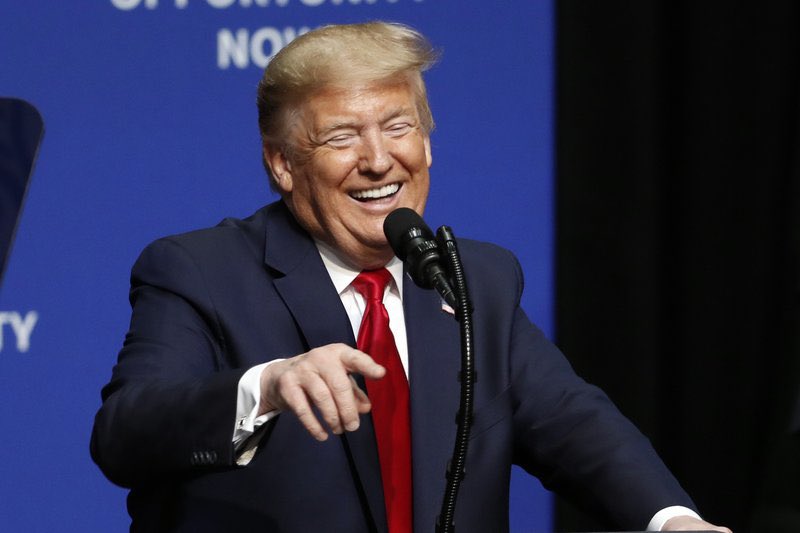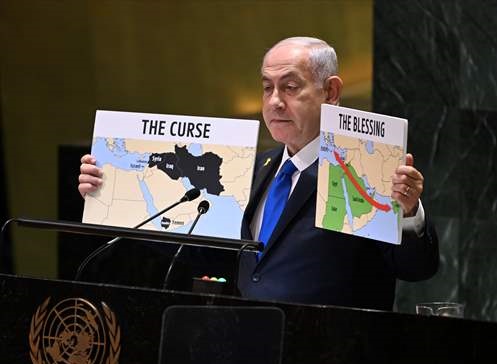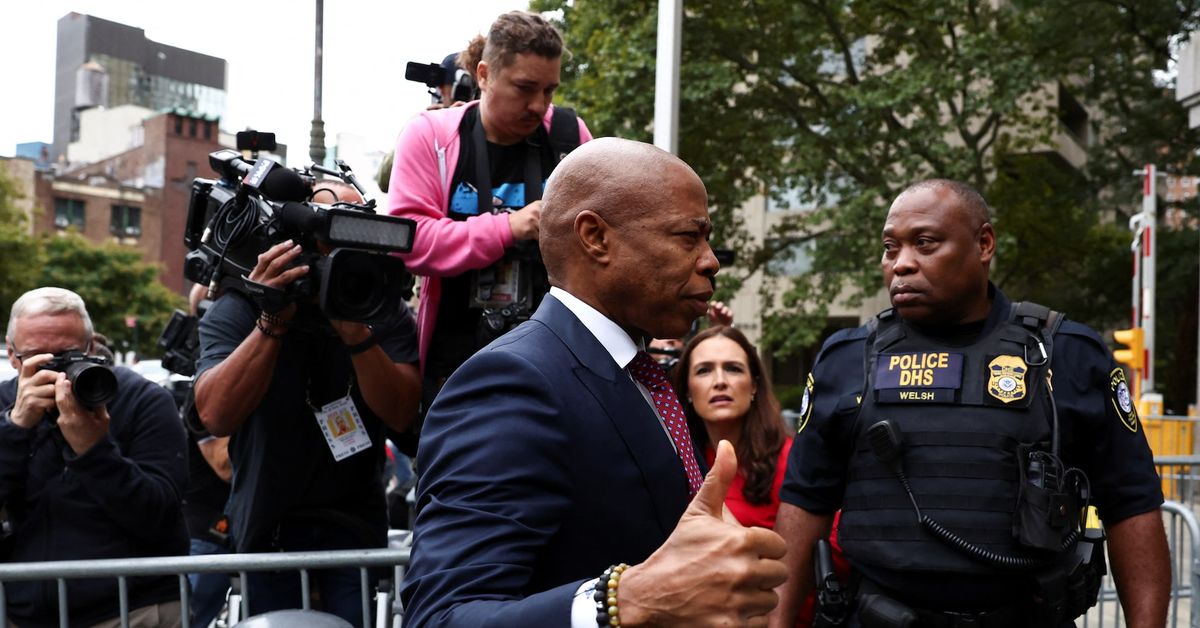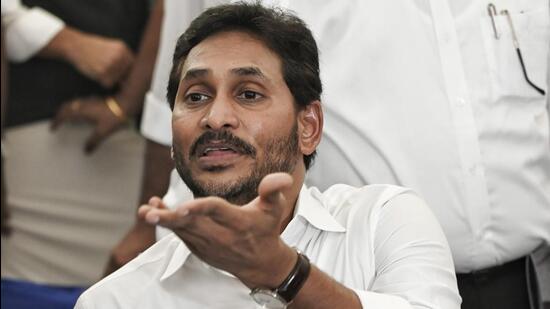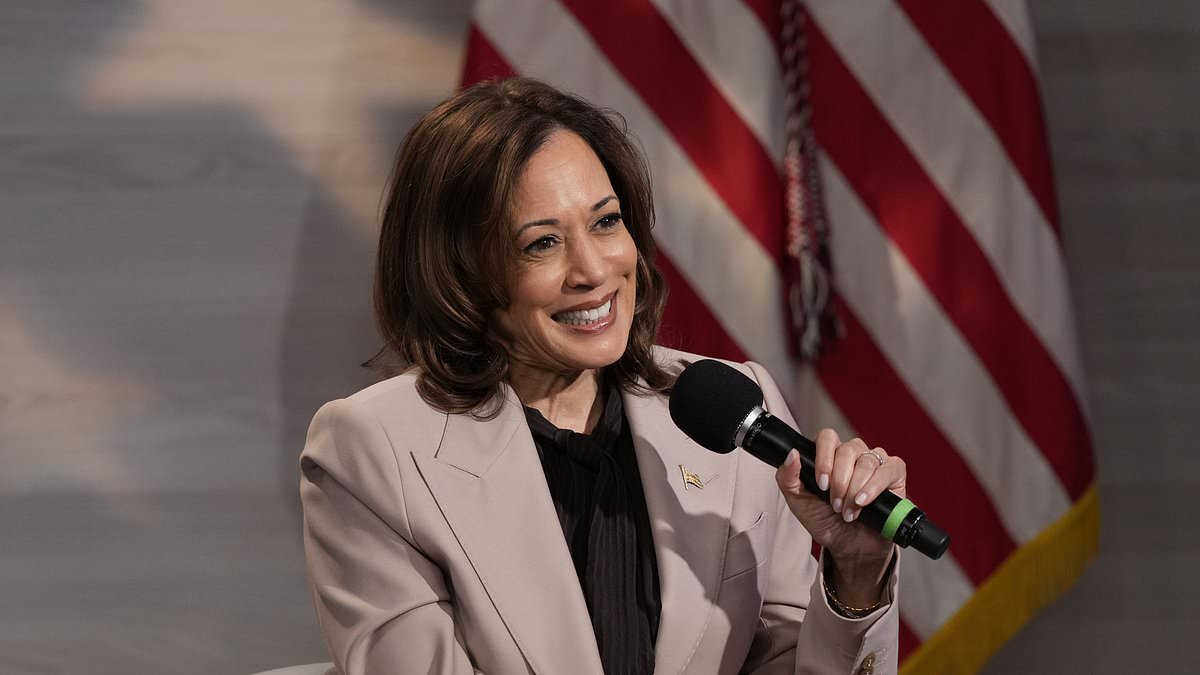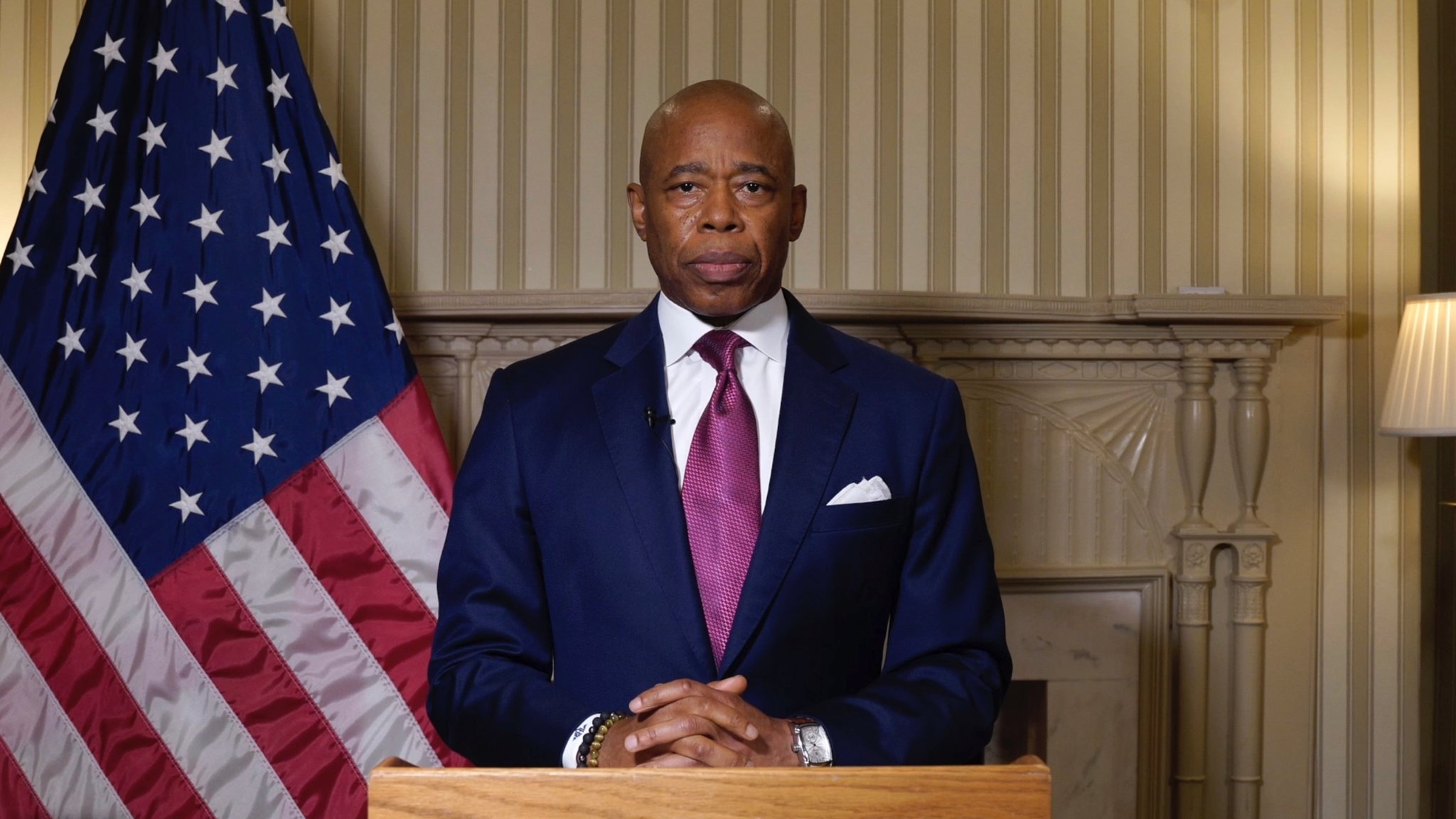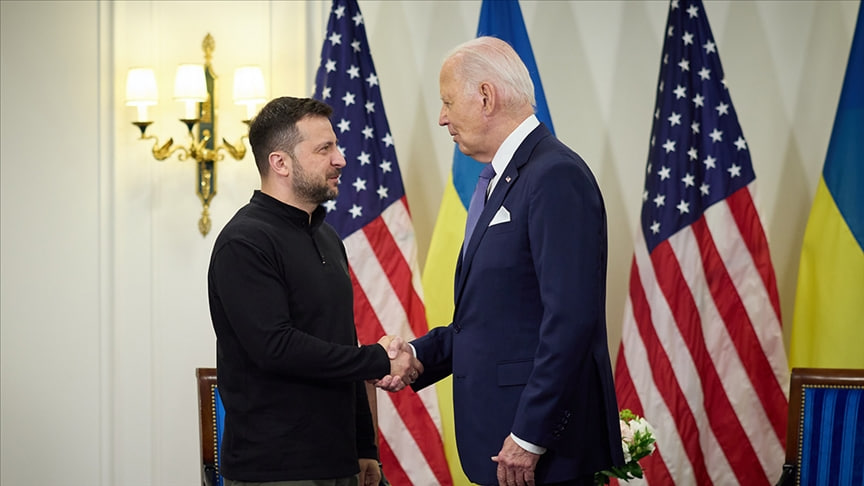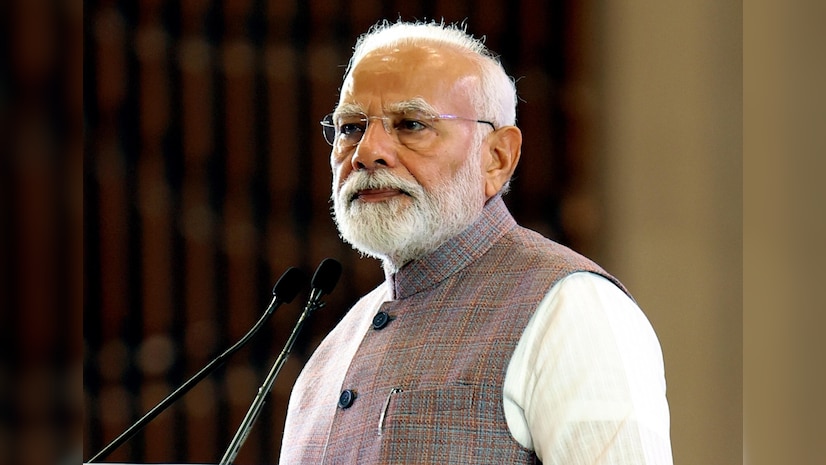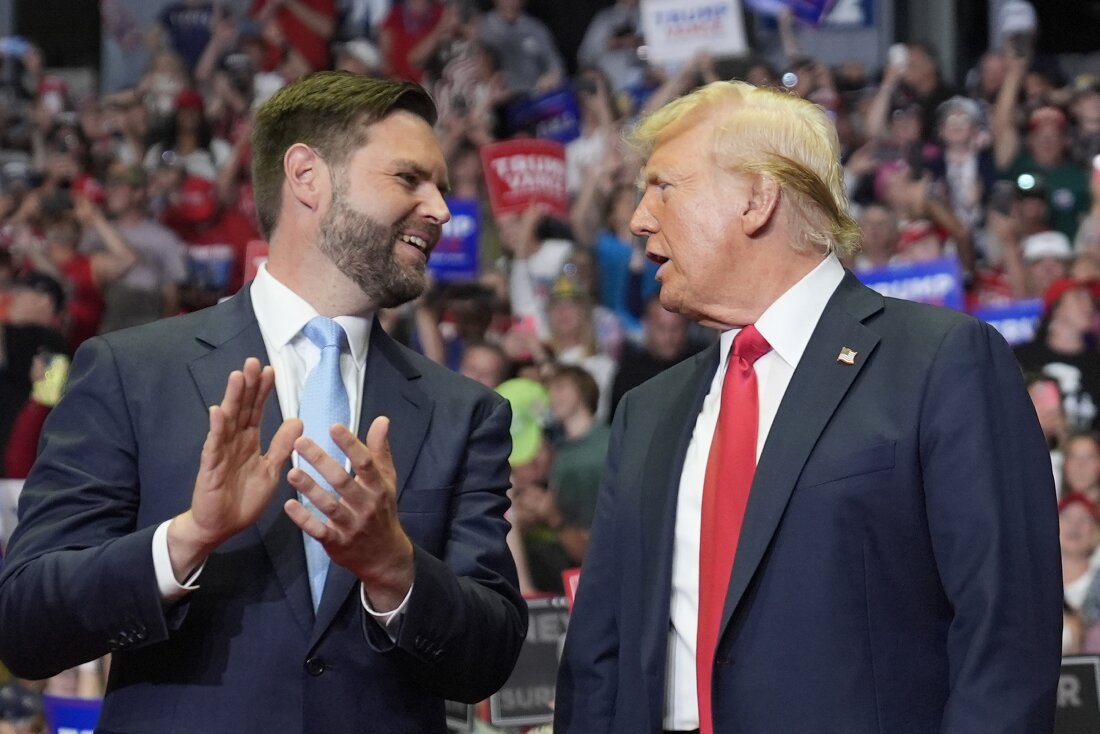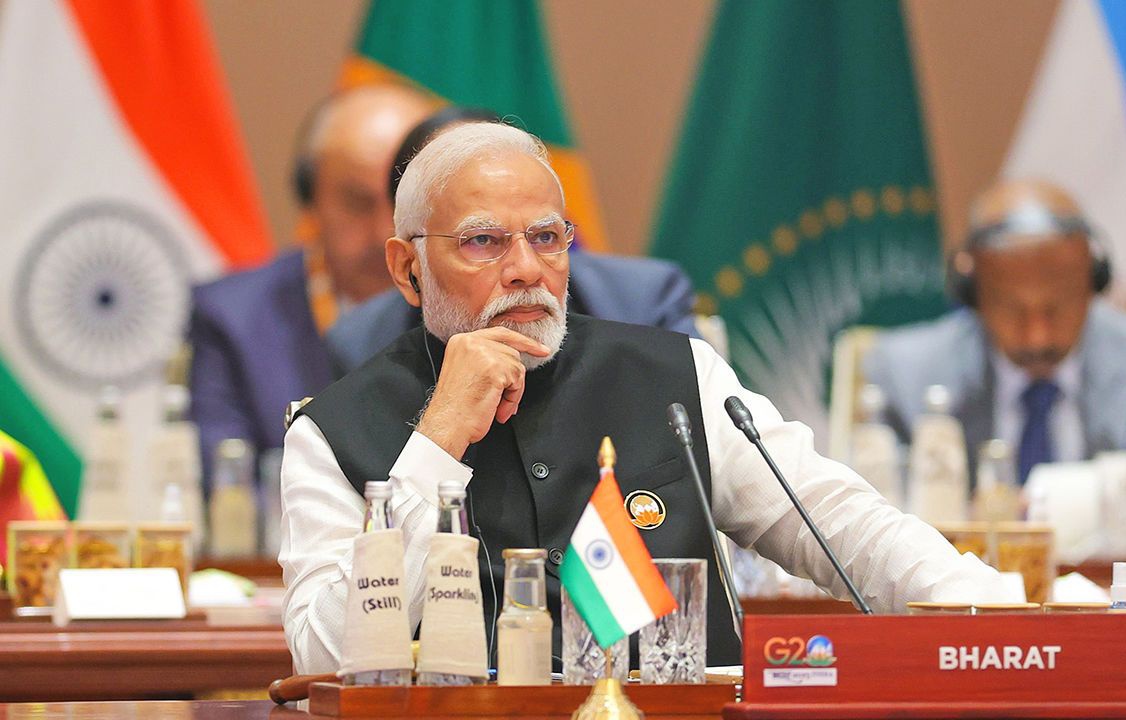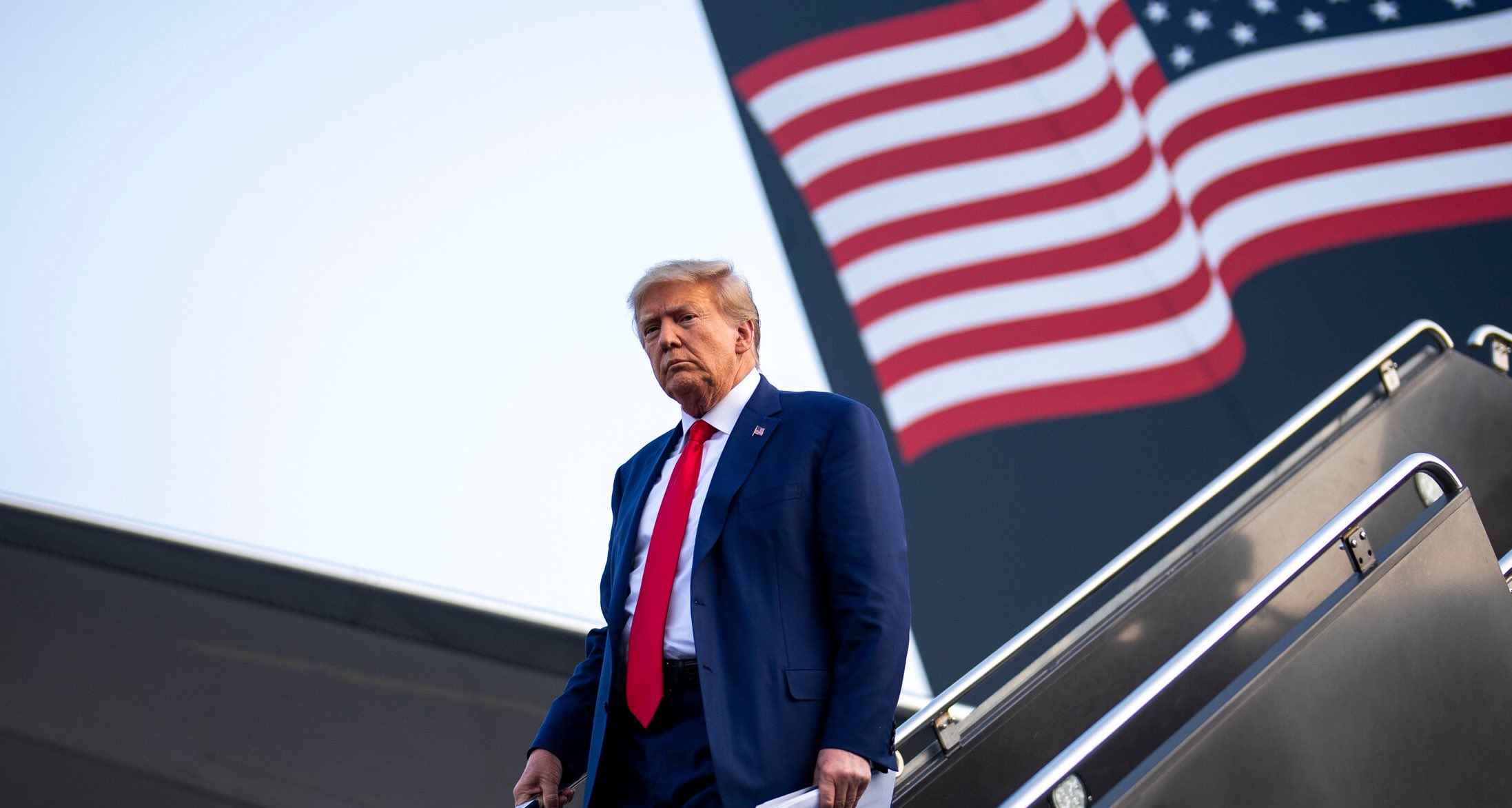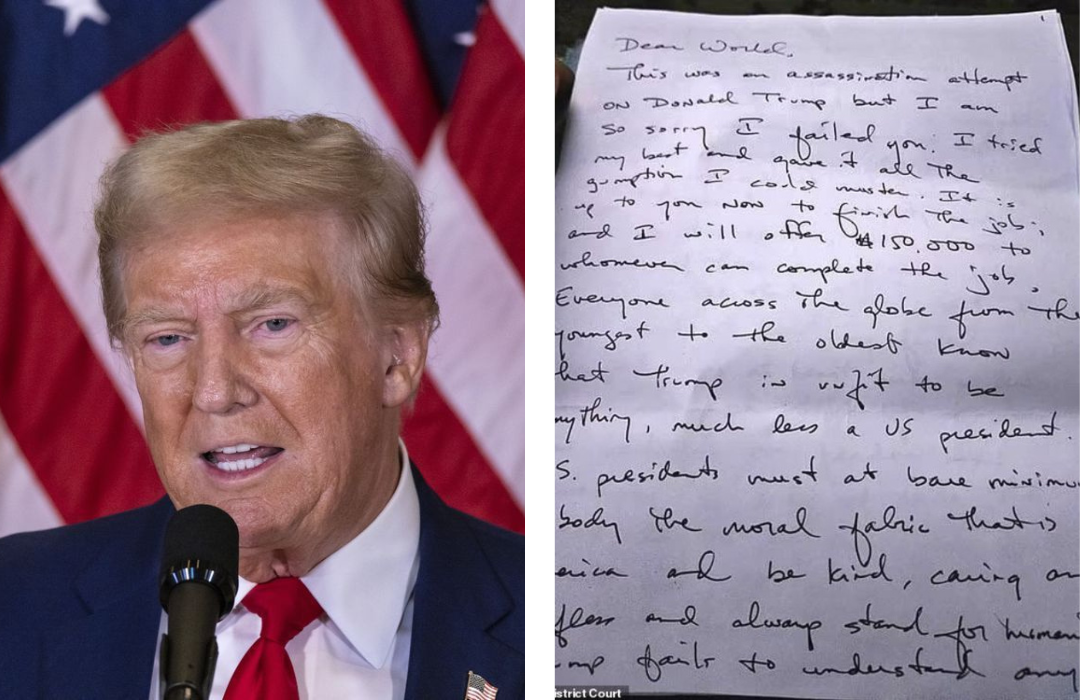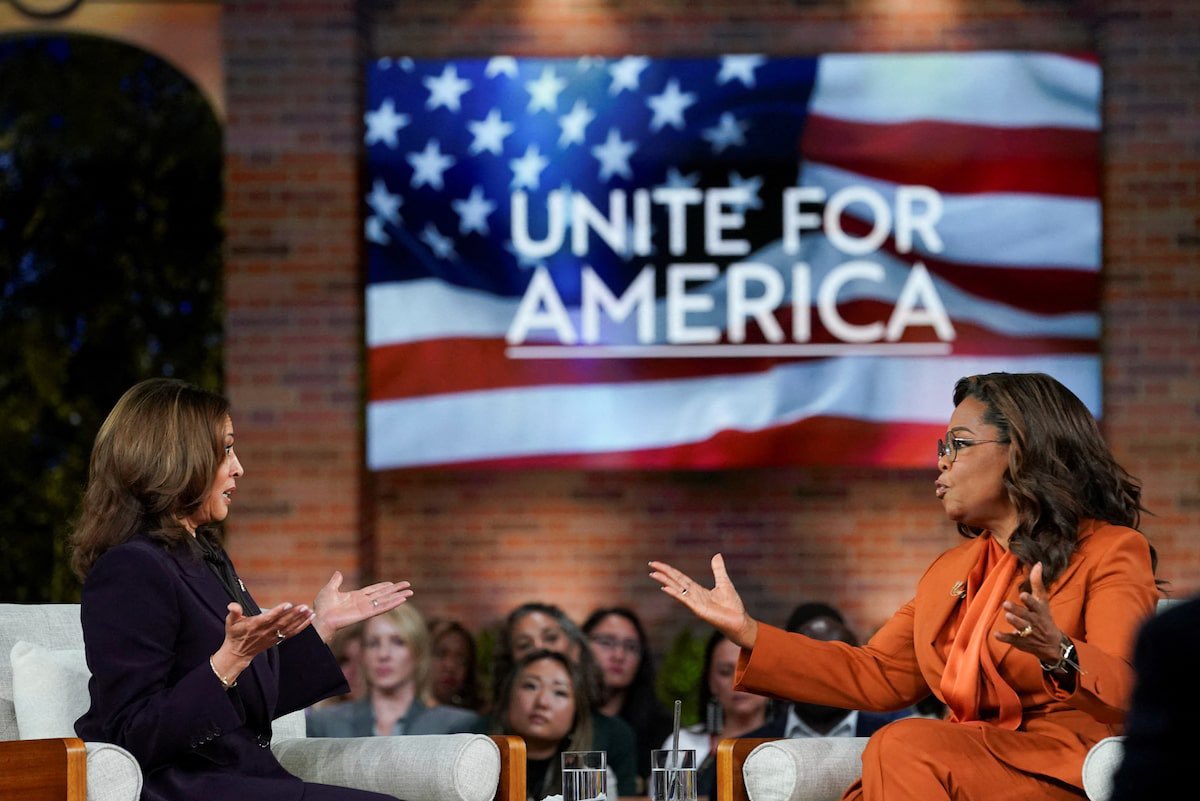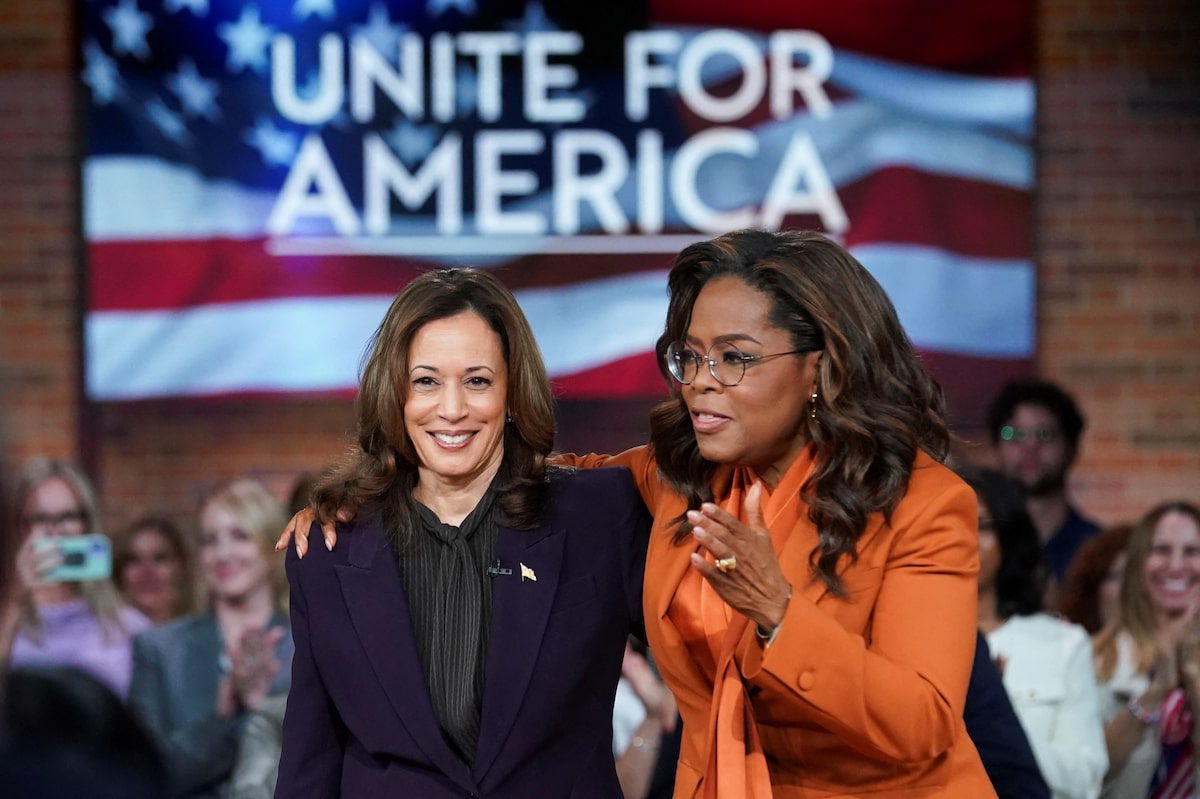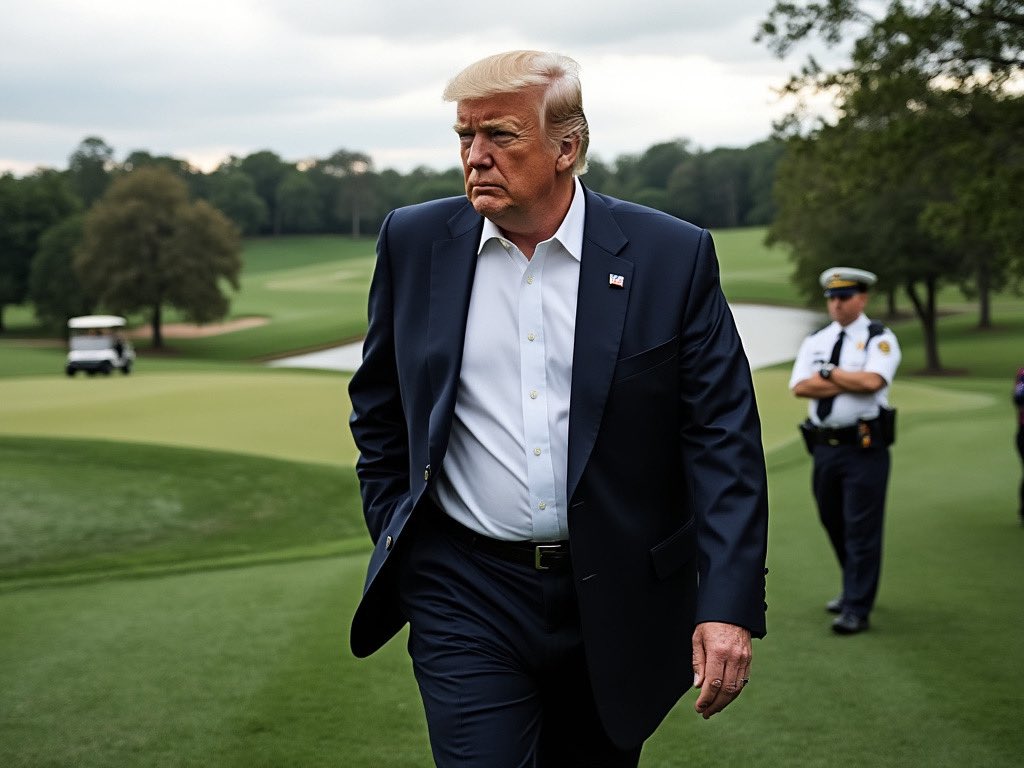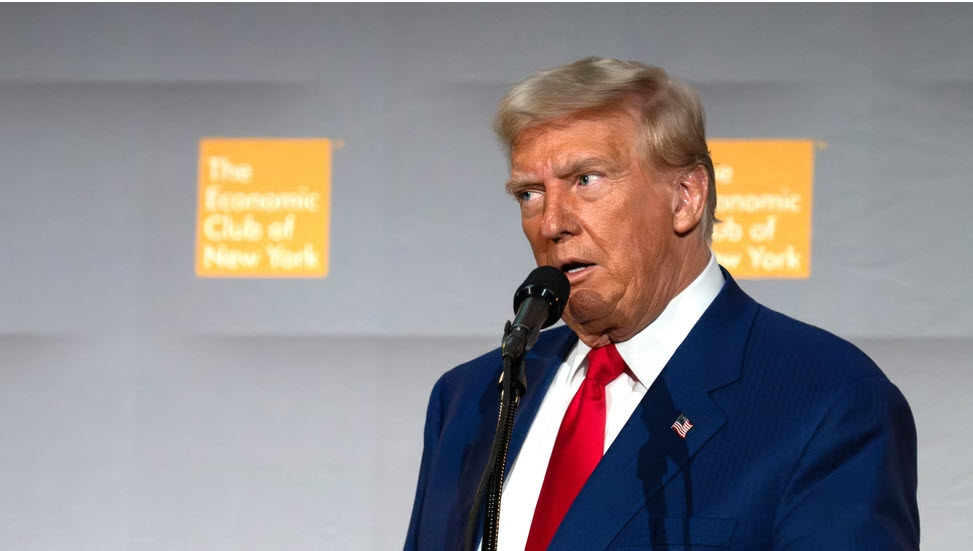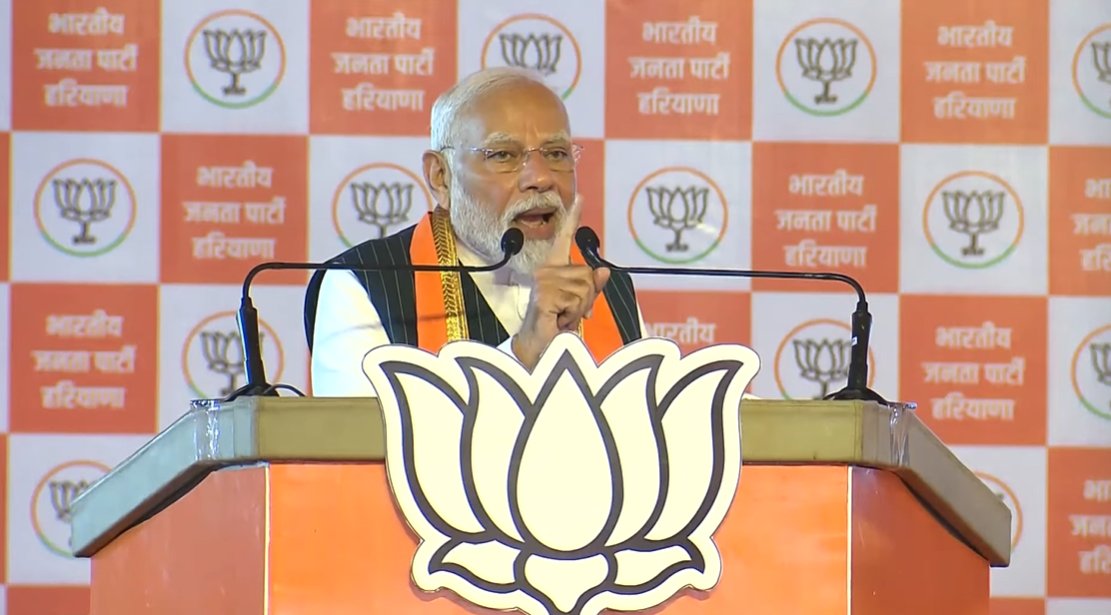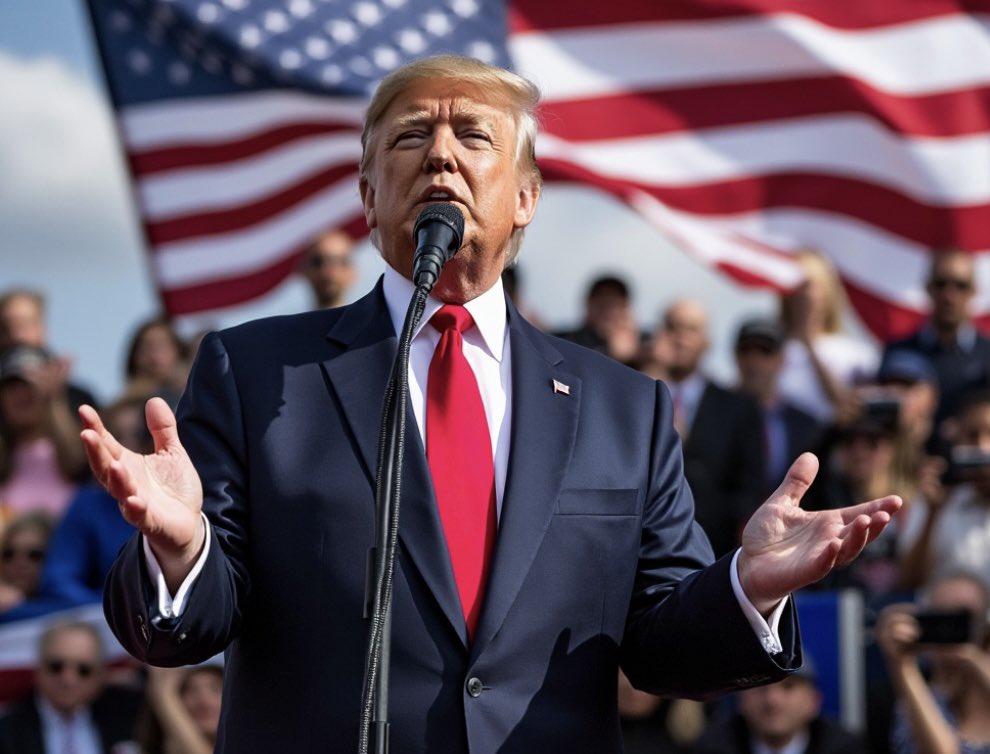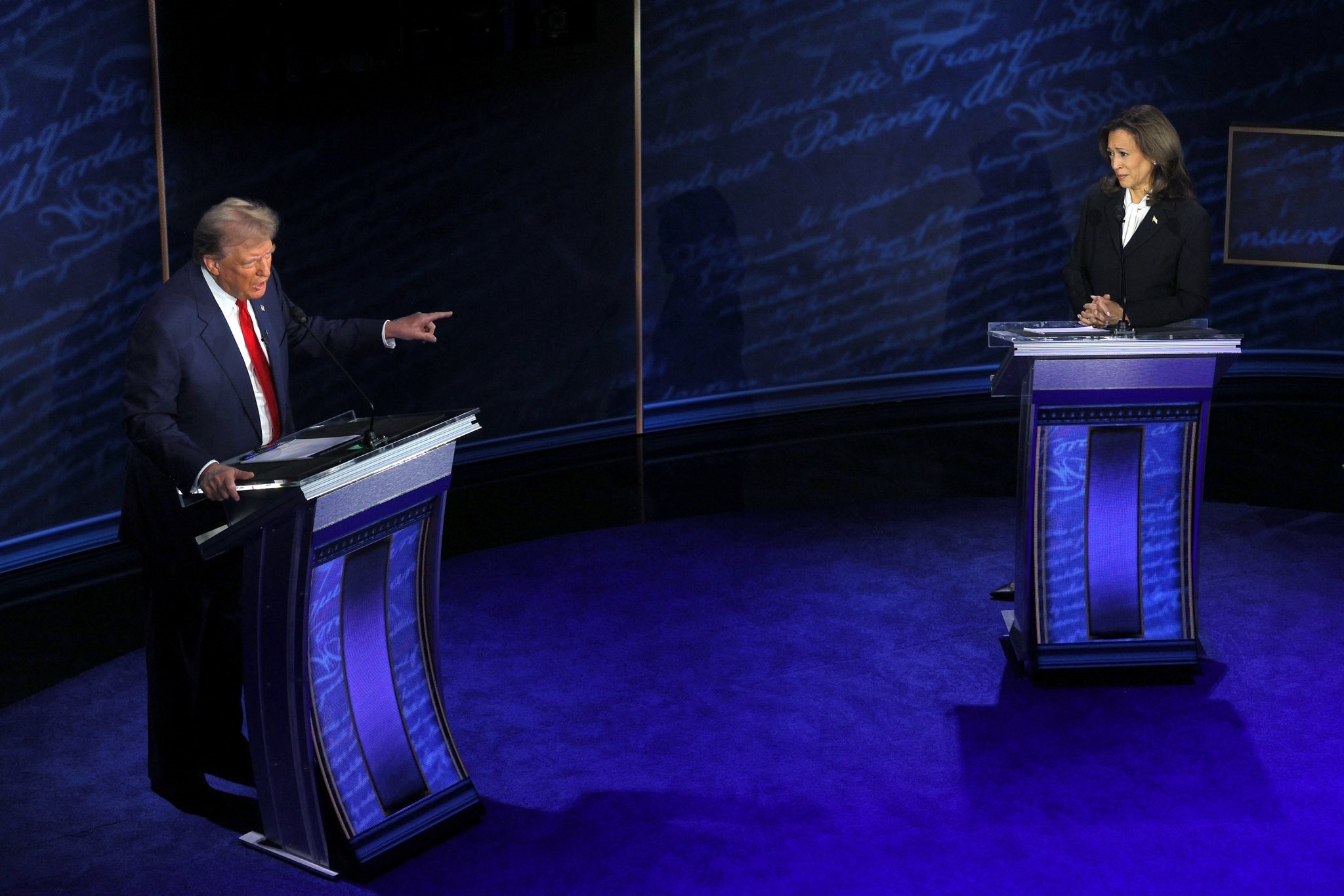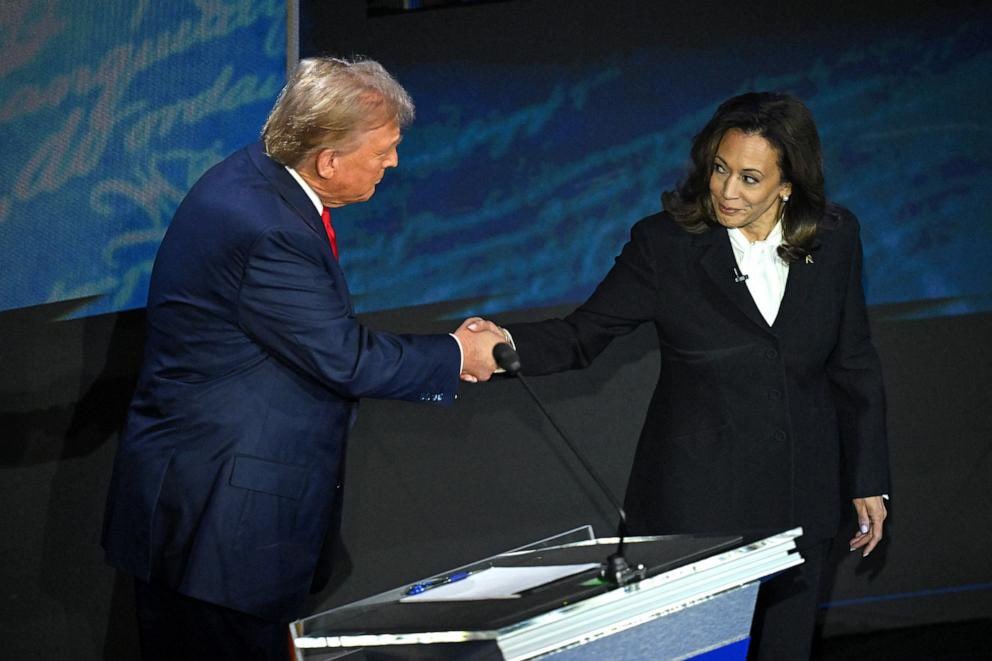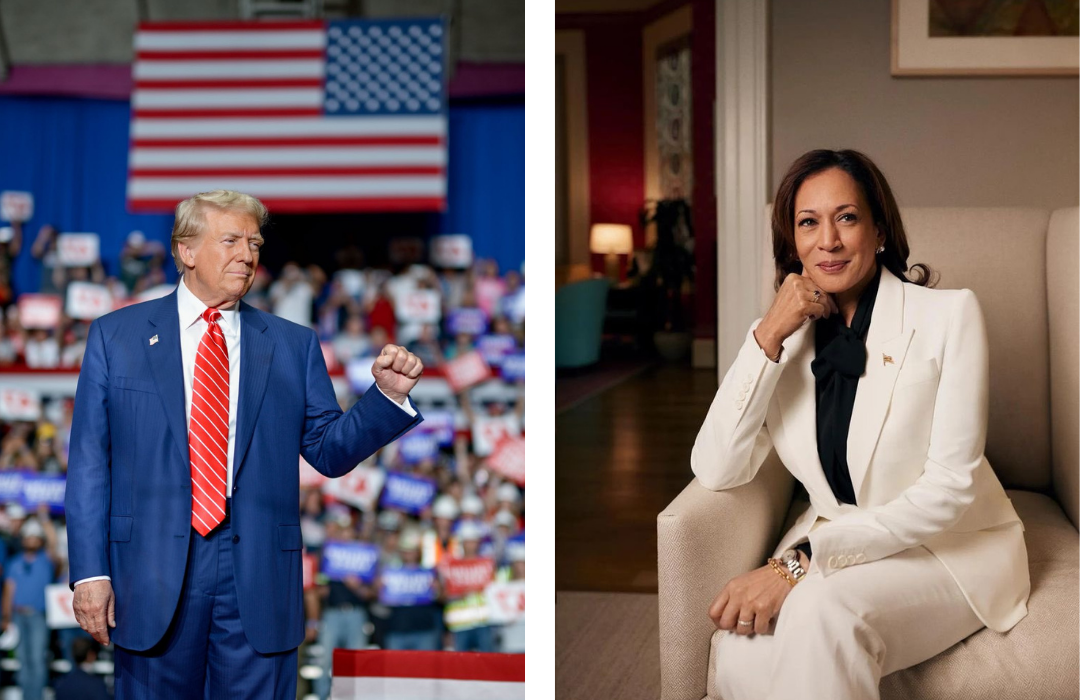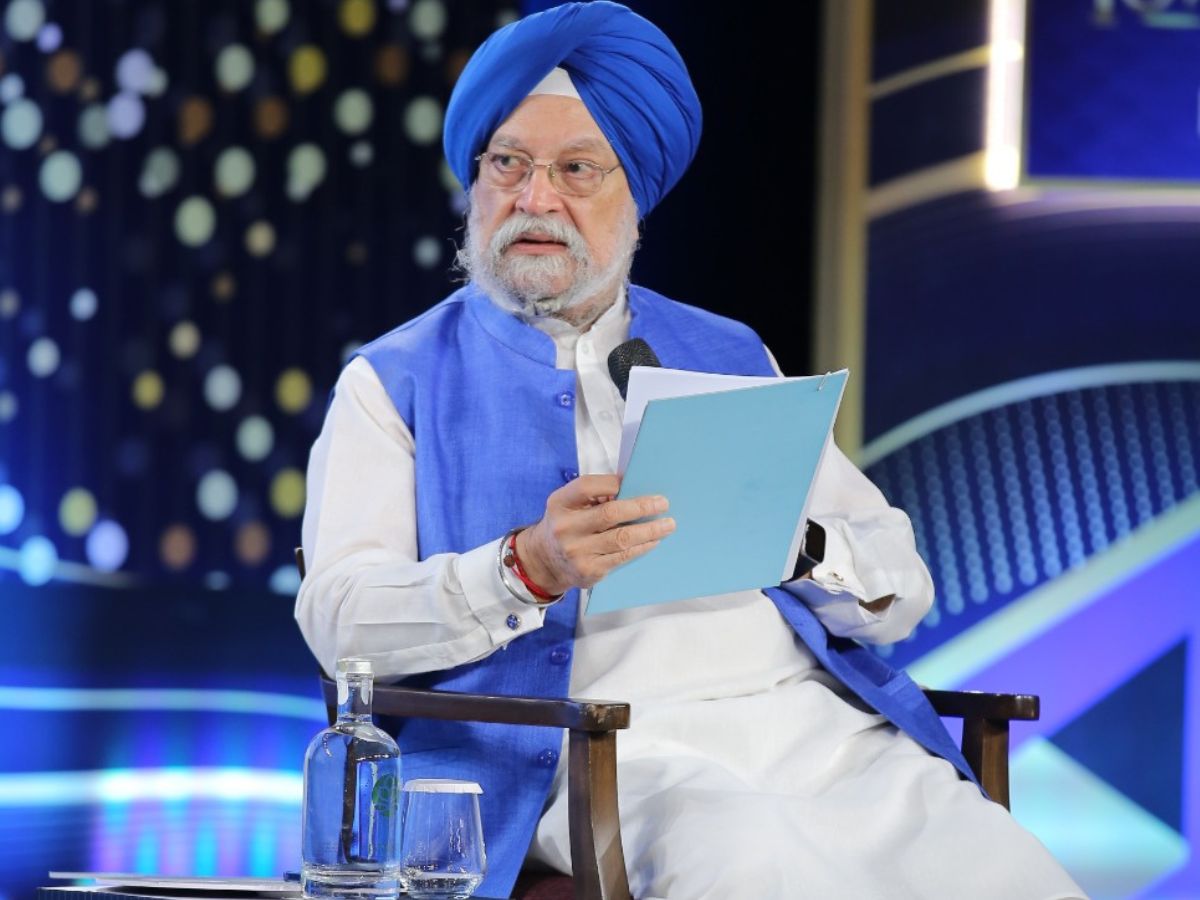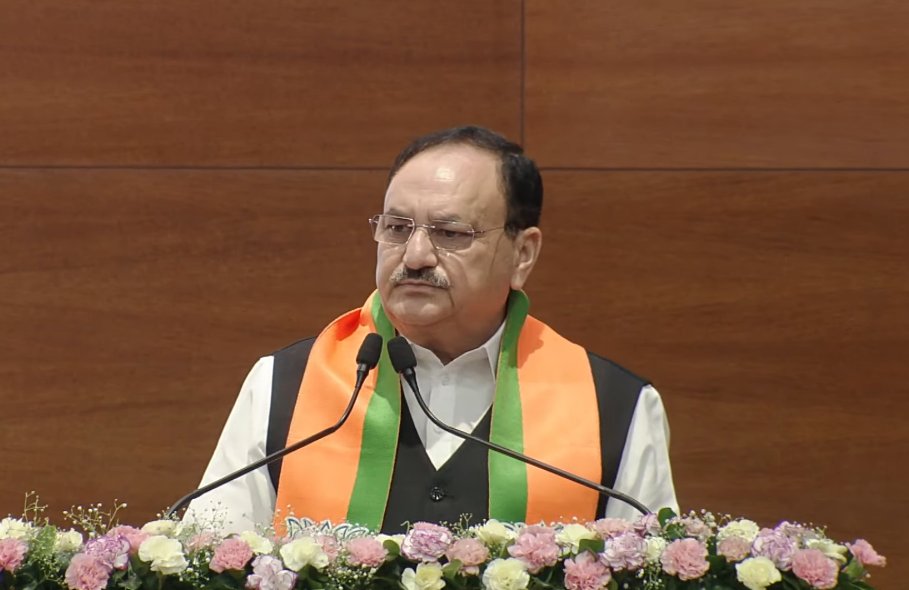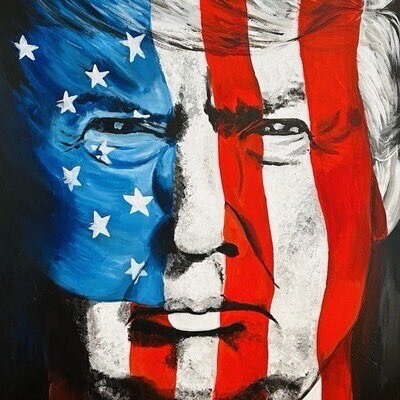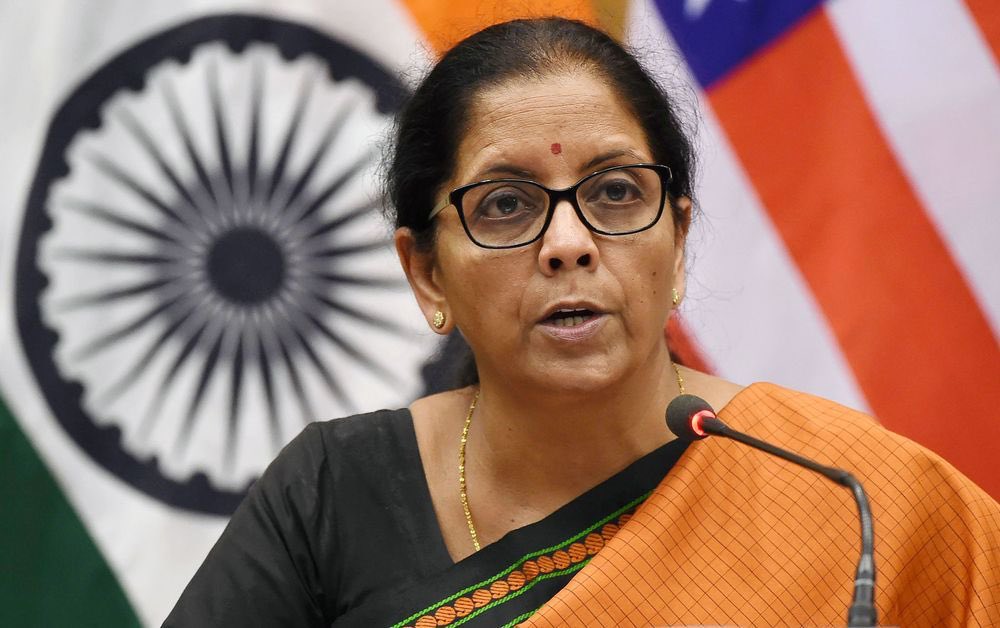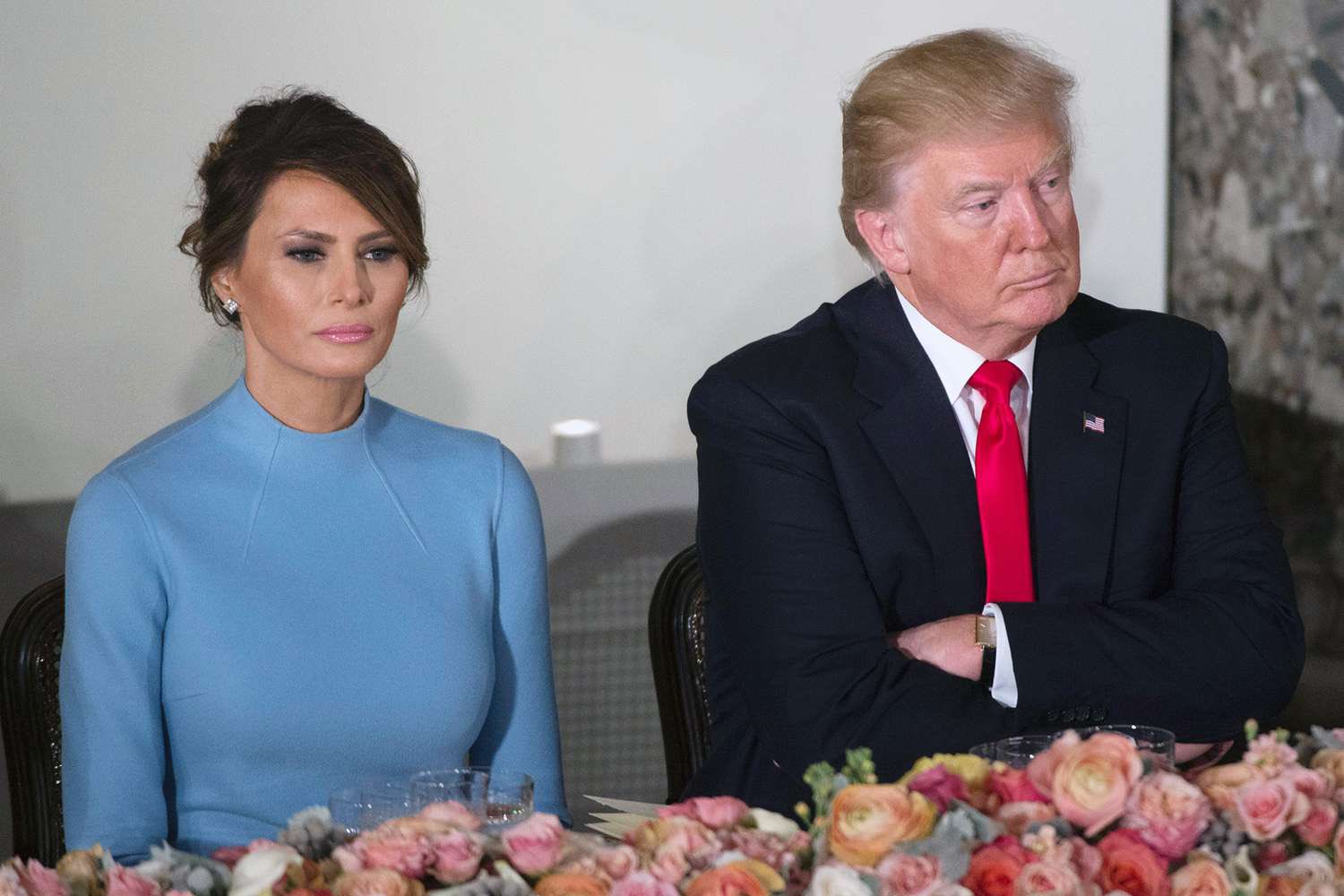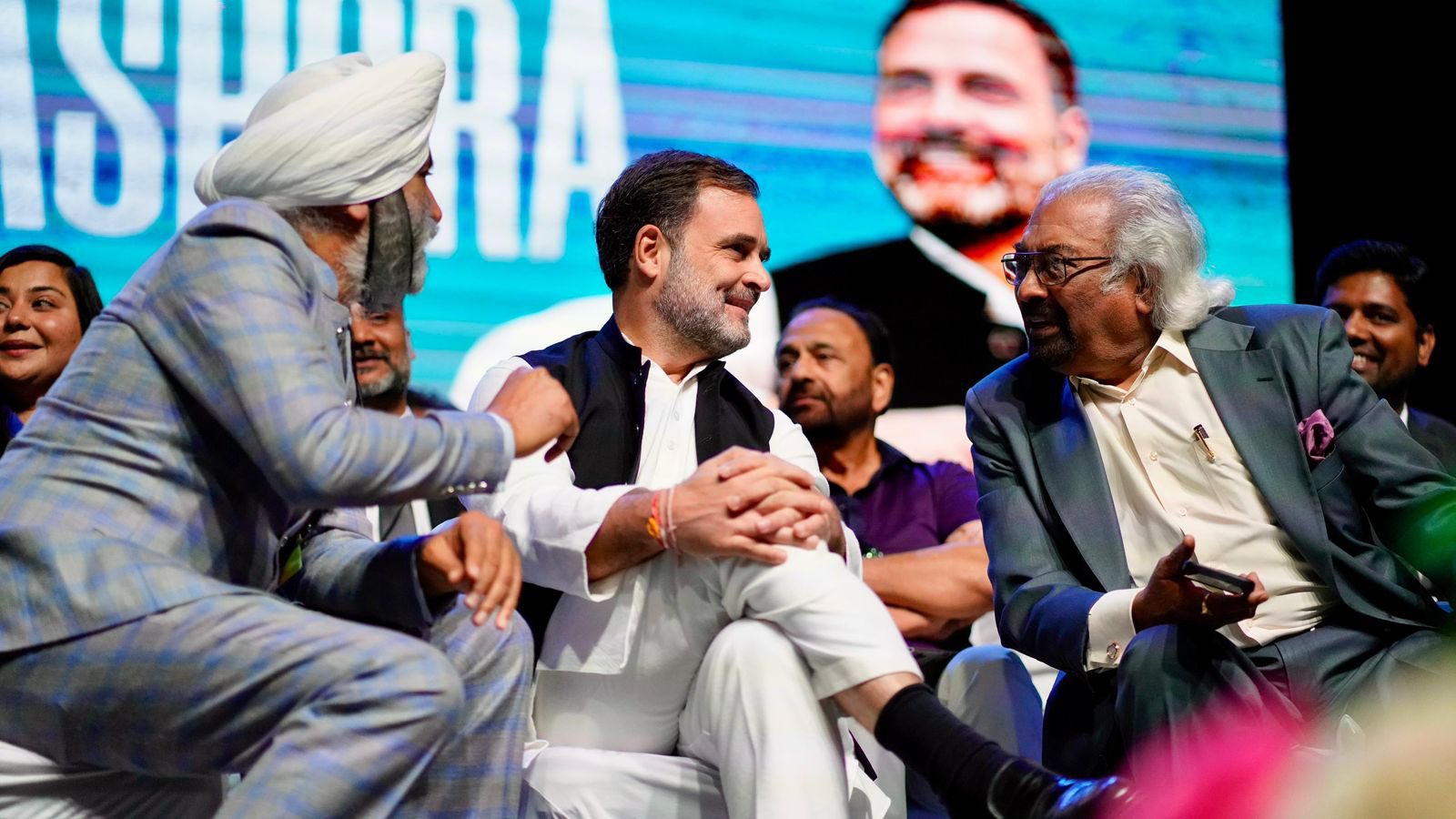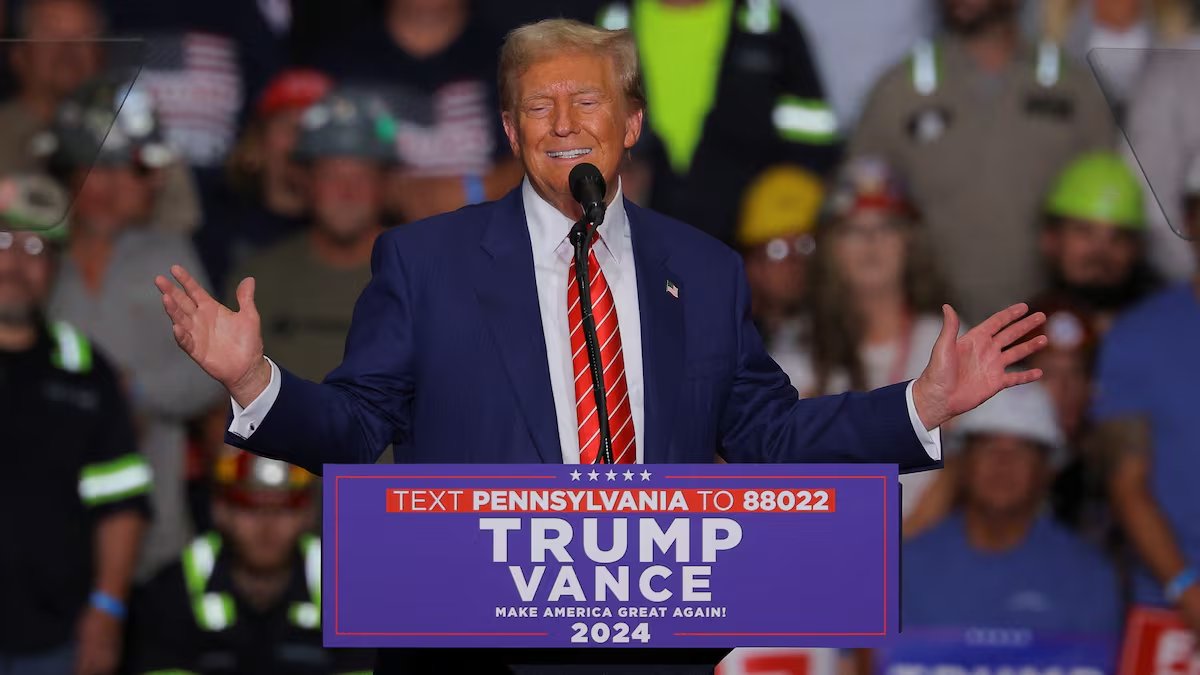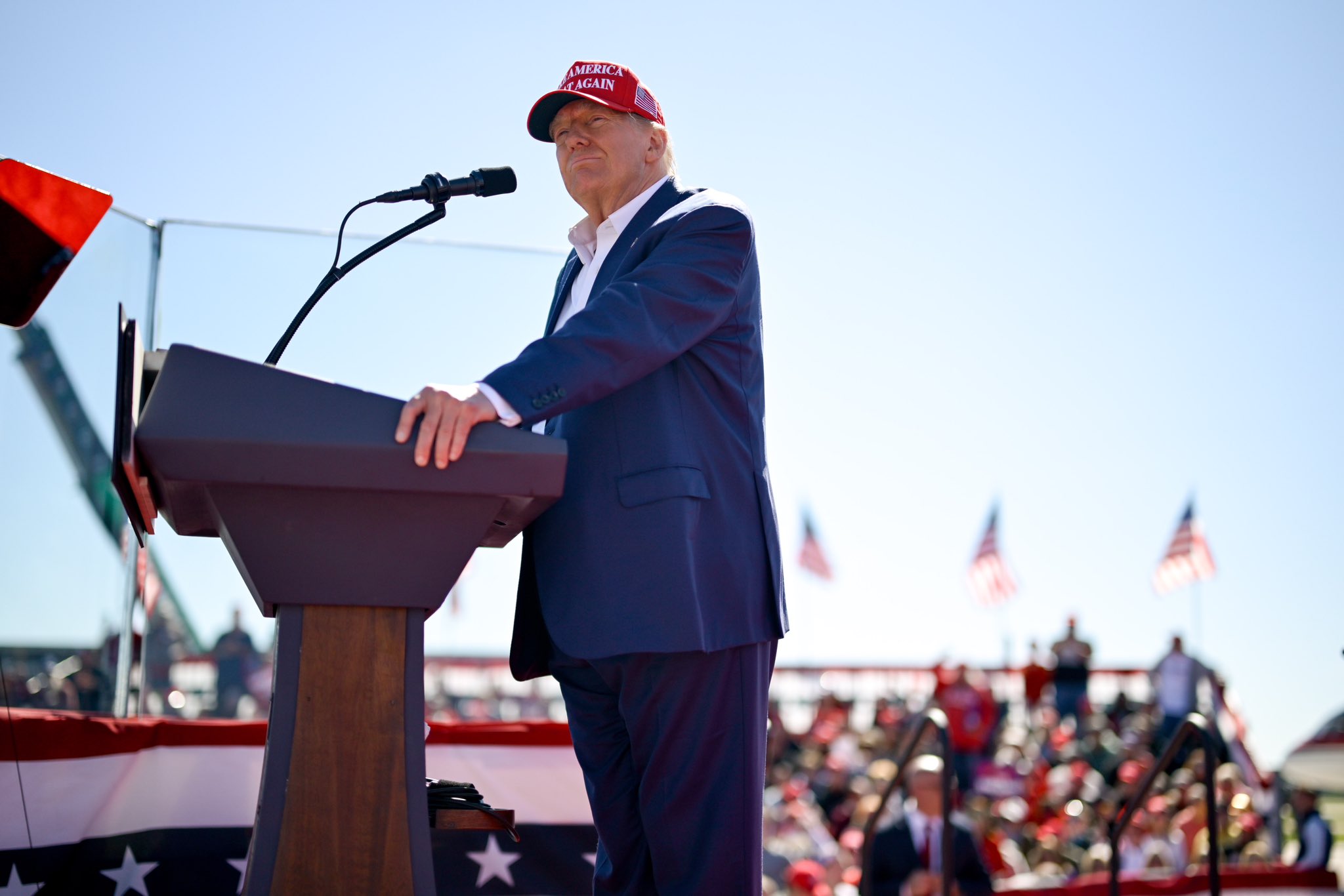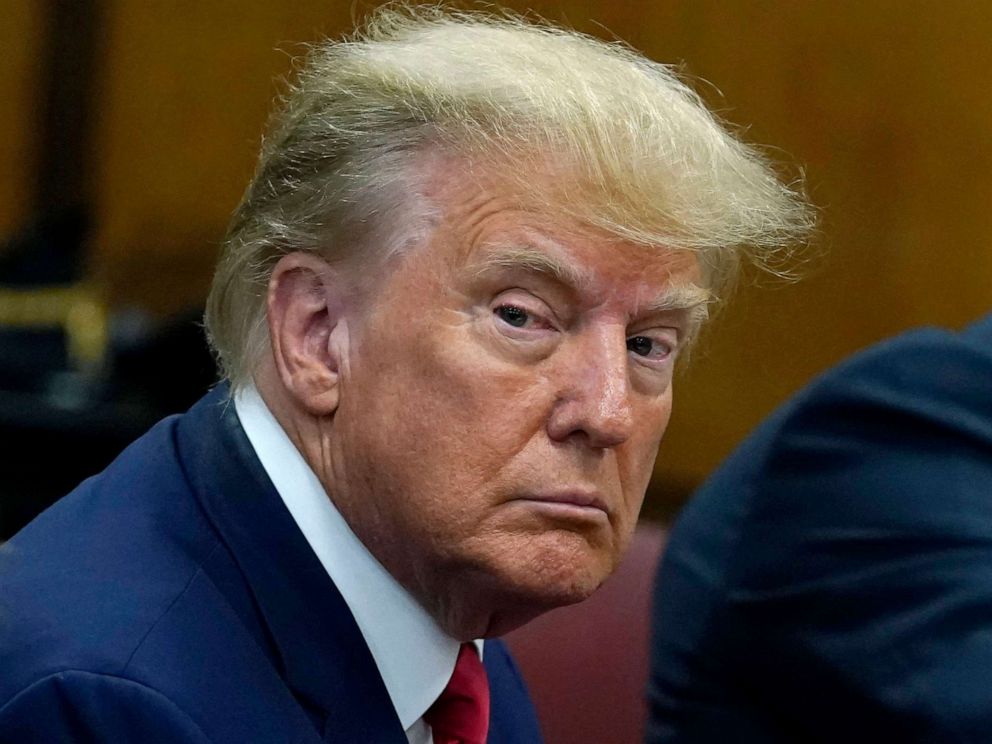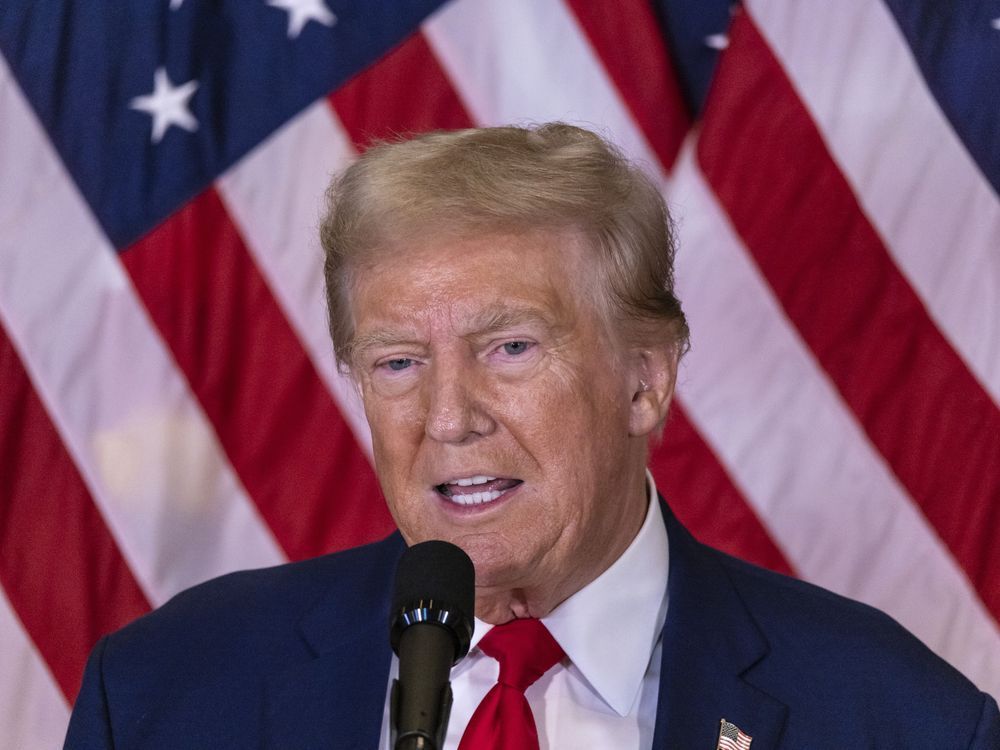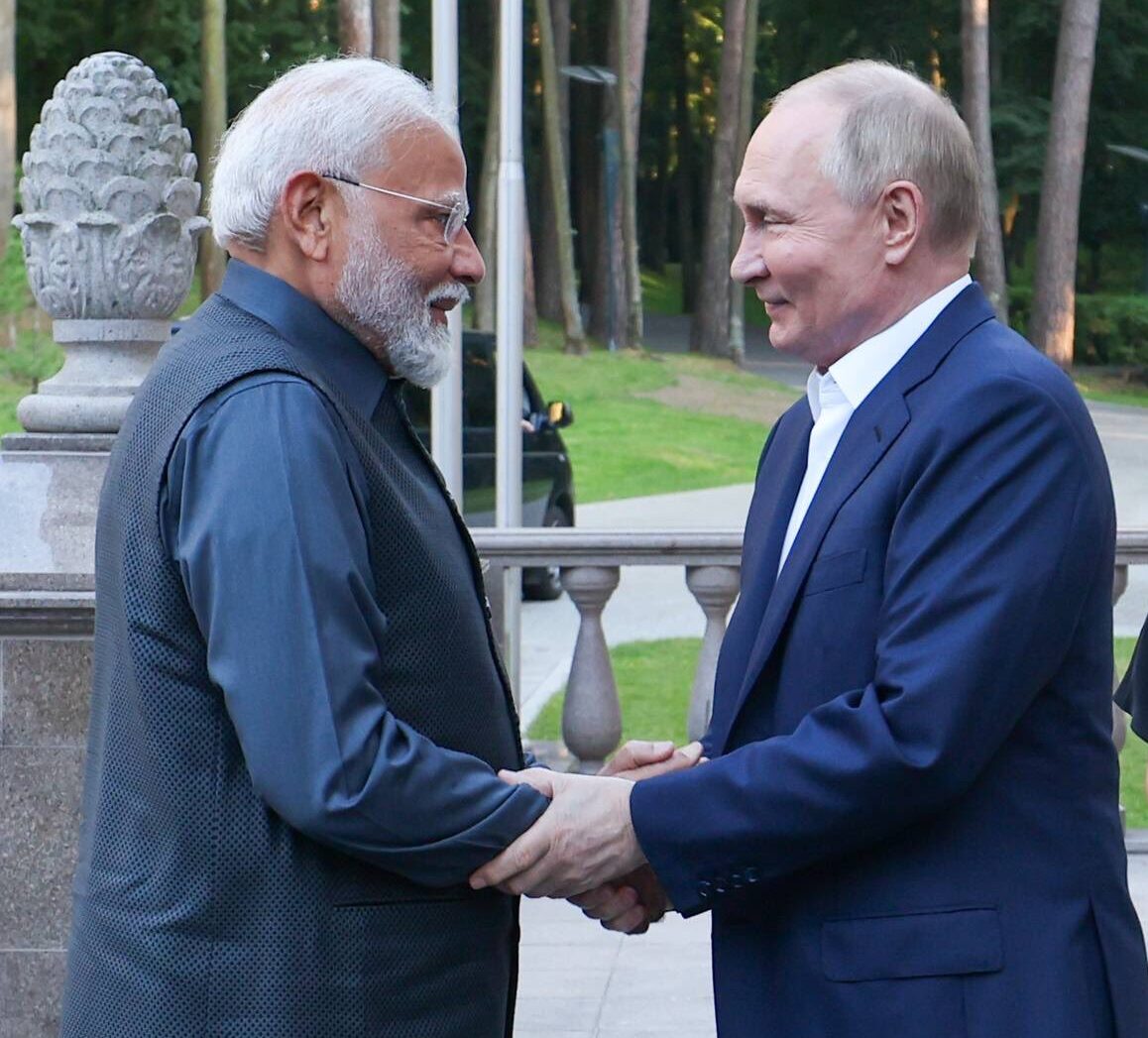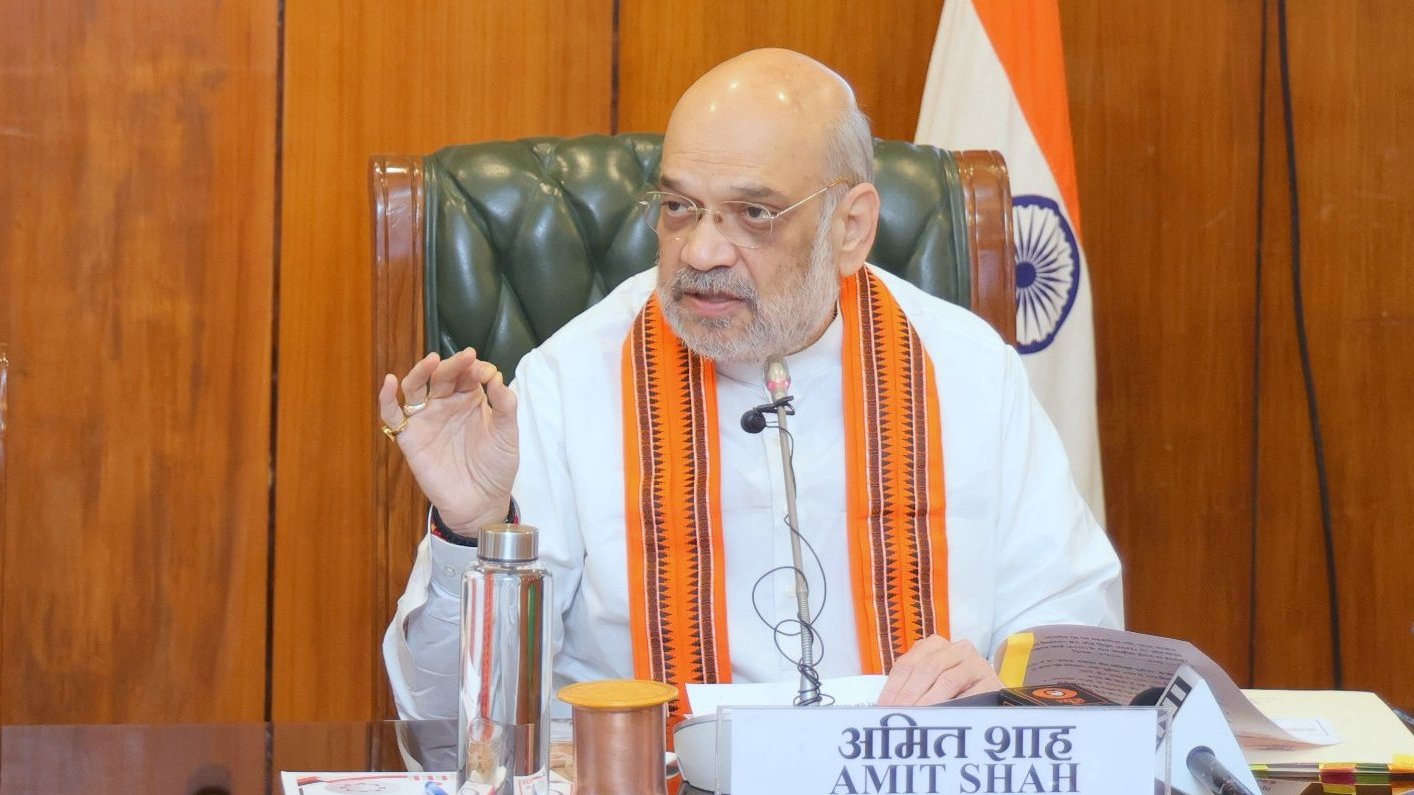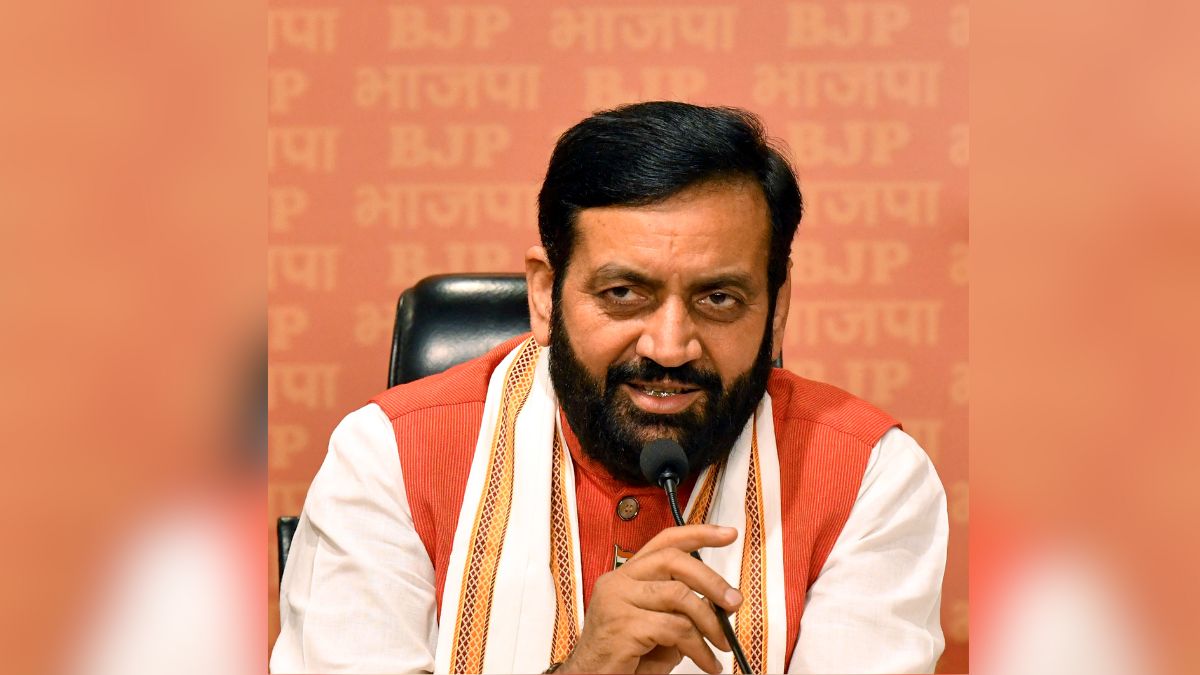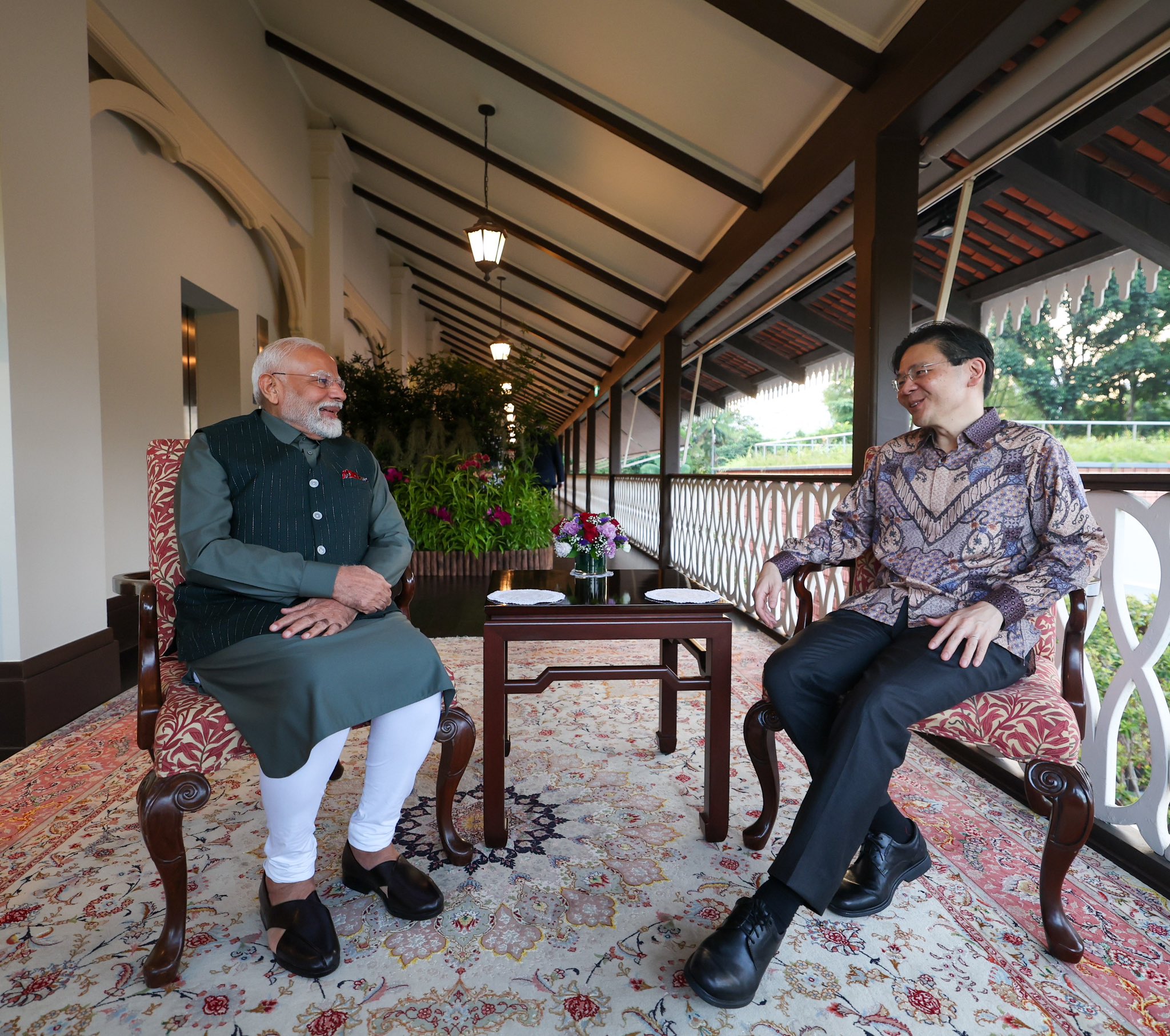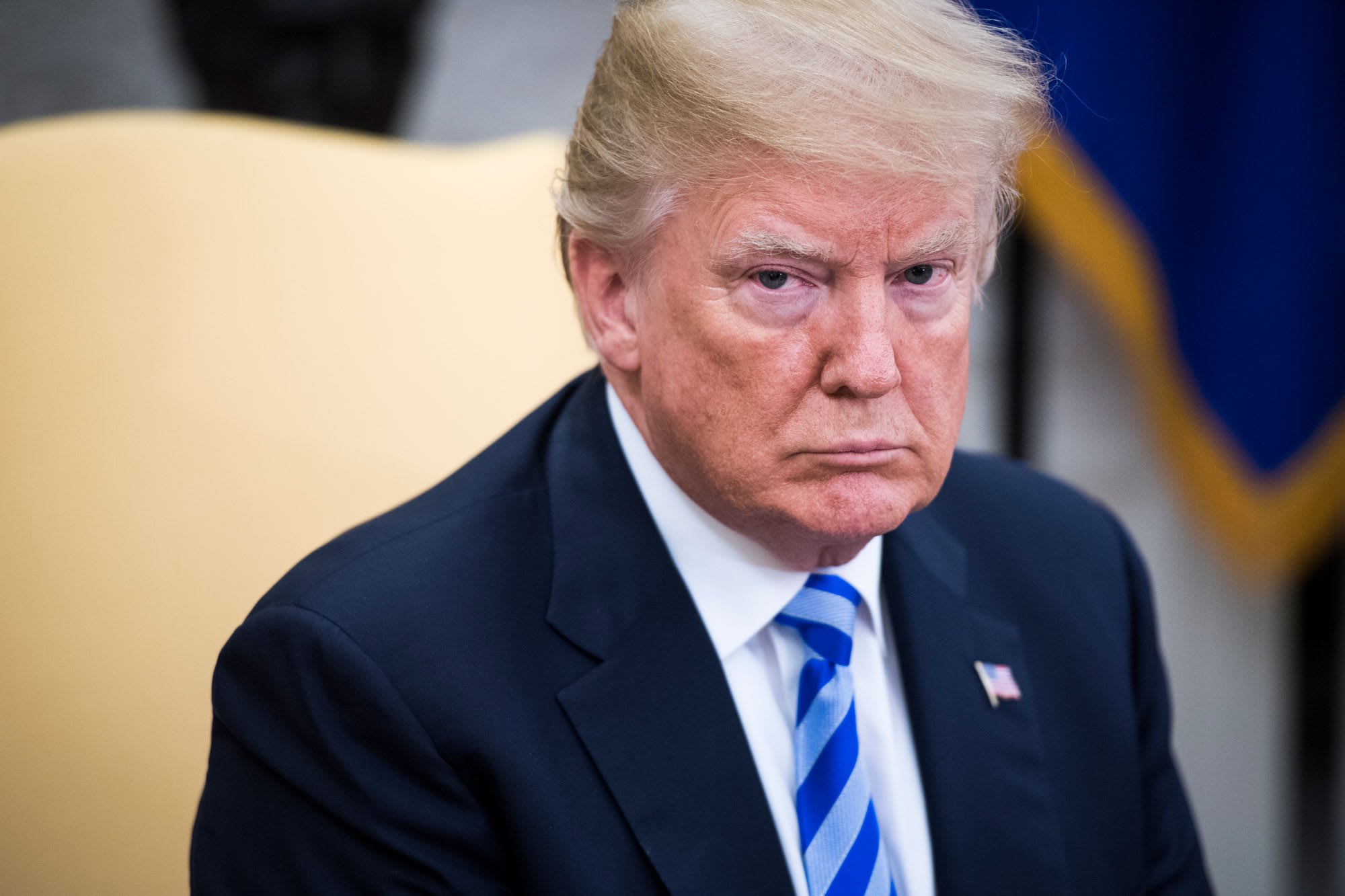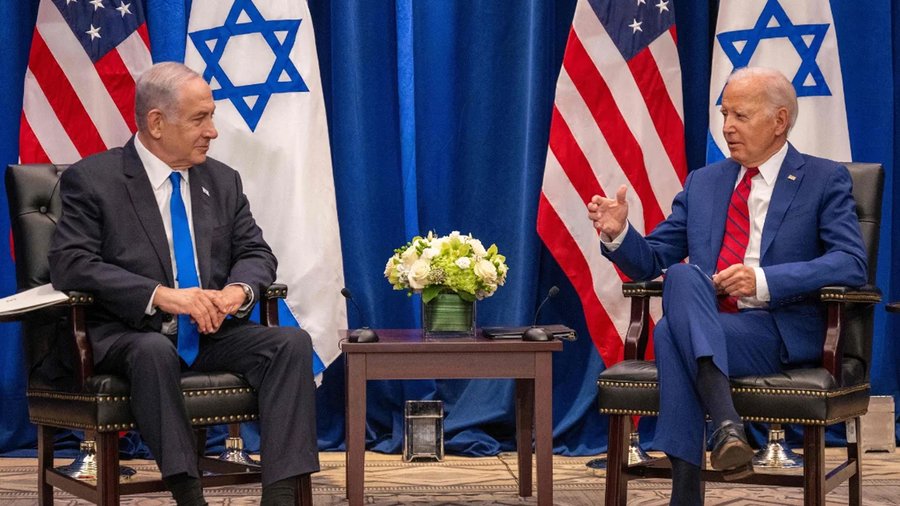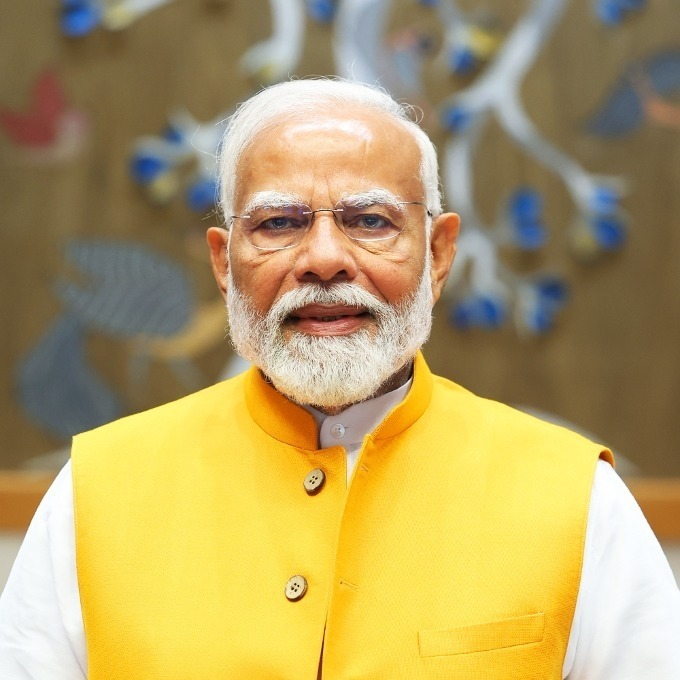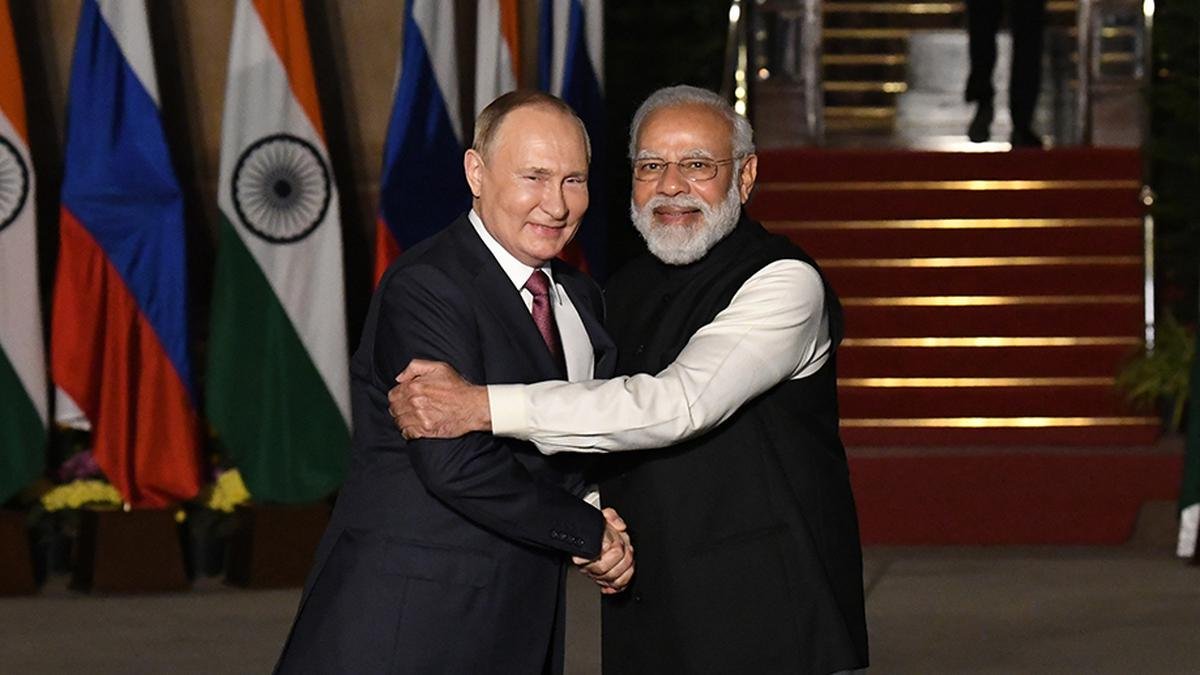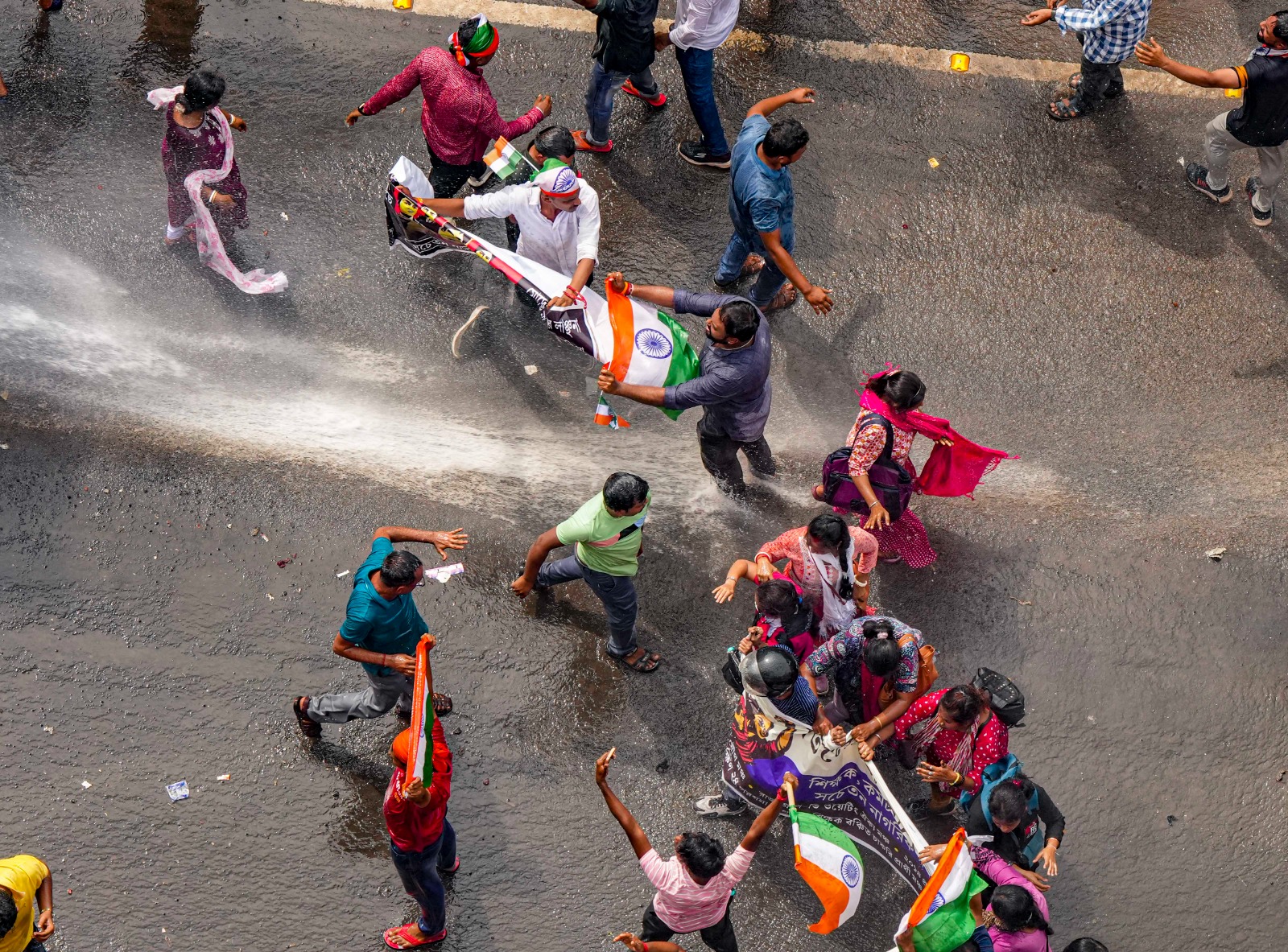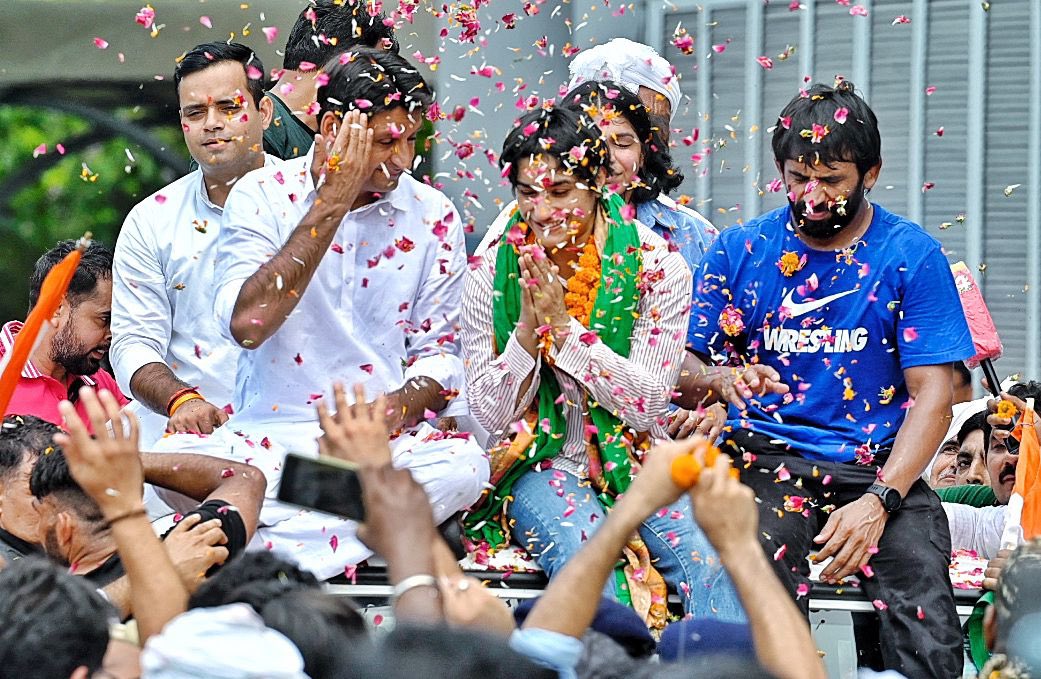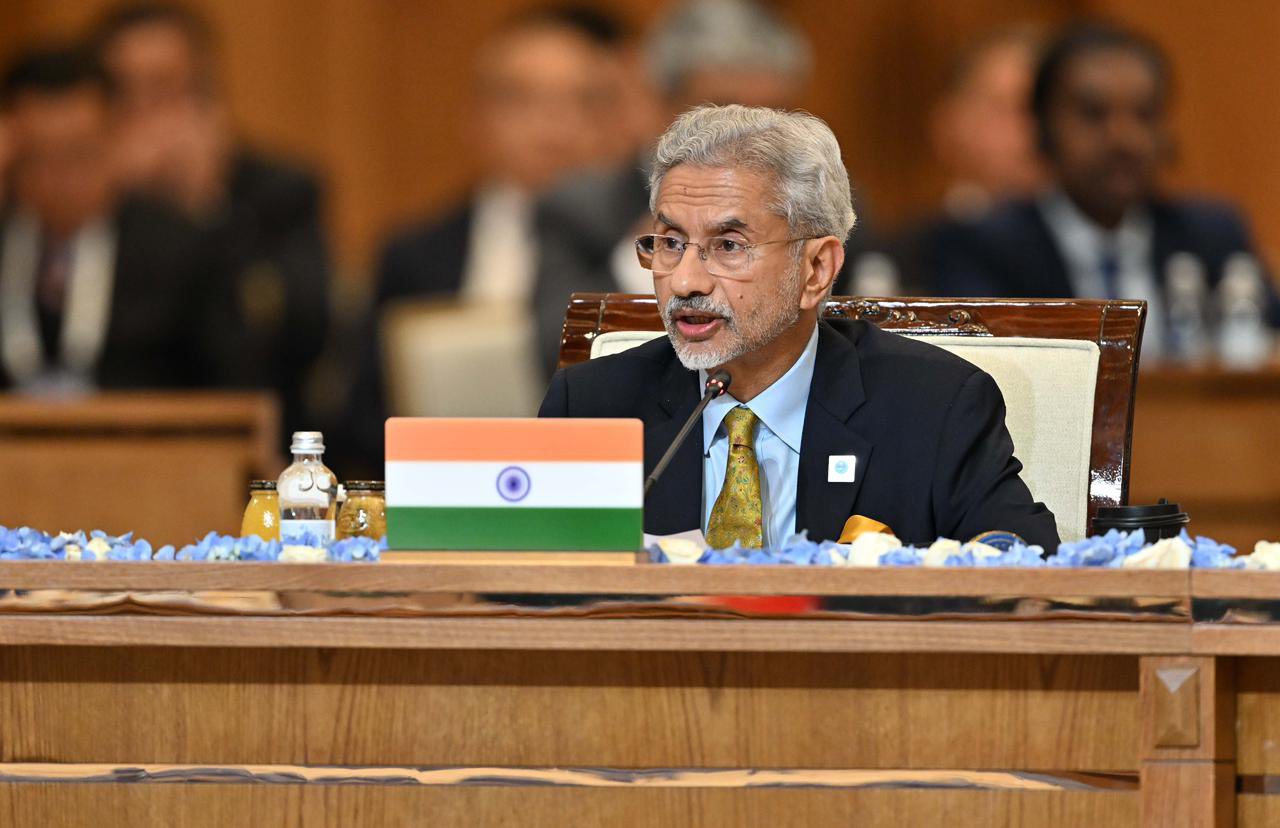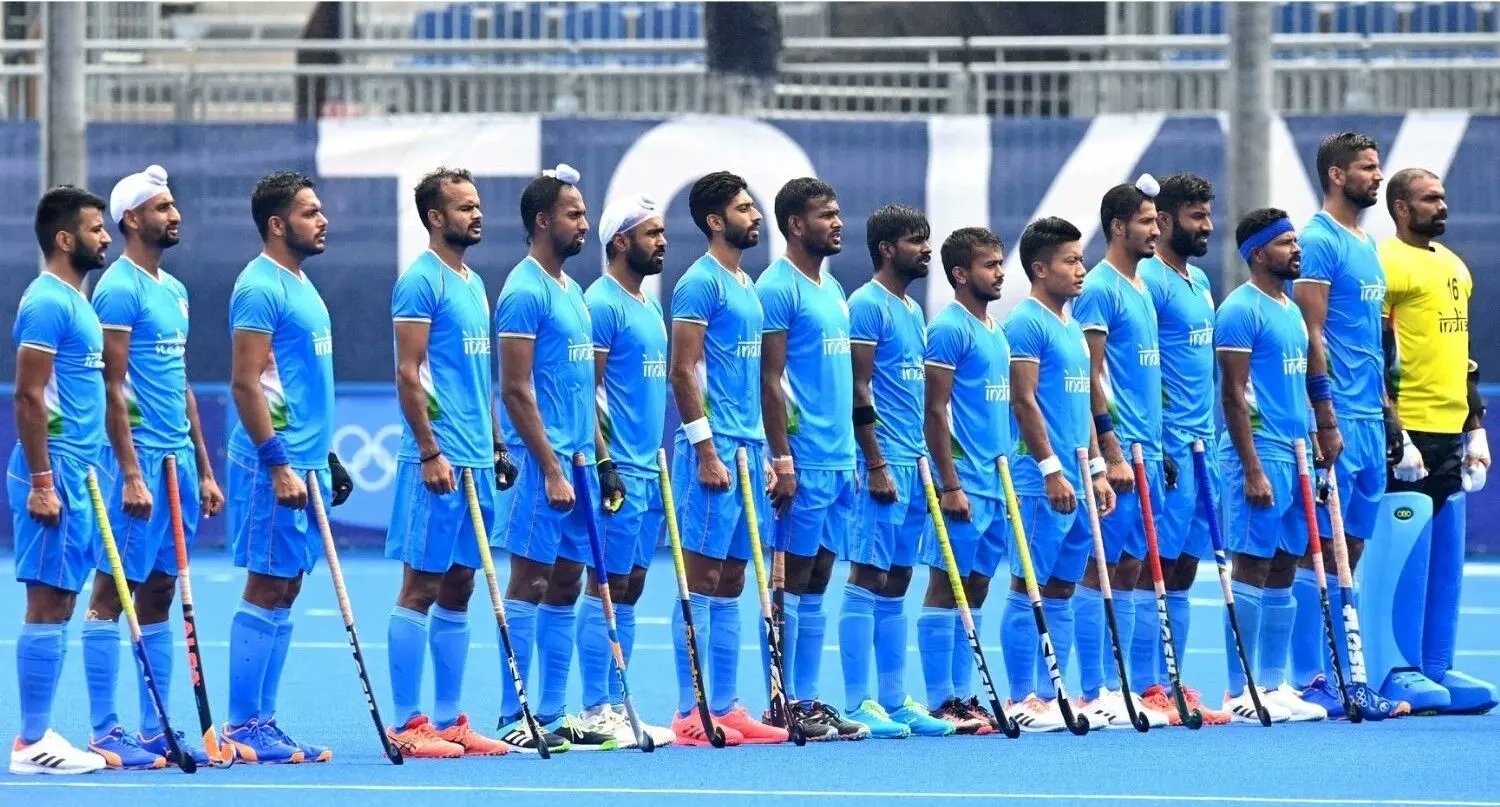In a move reminiscent of Uttar Pradesh Chief Minister Yogi Adityanath’s government, the Congress administration of Himachal Pradesh has recently introduced a policy mandating that street vendors, hotel owners, retailers, and food outlet owners display their names and identification on signboards. According to Cabinet Minister Vikramaditya Singh, this directive aims to provide transparency to customers and ensure that only authorized individuals set up shops, boosting internal security and addressing public concerns.
However, this decision has sparked discontent within the Congress party itself. Senior Congress leaders, including party president Mallikarjun Kharge, expressed their disapproval, leading to Vikramaditya Singh being summoned to Delhi on the night of September 25th for a reprimand. The Congress high command reportedly voiced concern over the timing of the policy, as the party had previously criticized a similar move by the Uttar Pradesh government during the Kanwar Yatra. Singh’s comments have now incited reactions on social media and criticism from party members, fueling a political controversy.
Congress Faces Internal and External Criticism
The controversy emerged after Congress minority leaders voiced their displeasure, arguing that the mandate could be seen as discriminatory. Veteran Congress leader TS Singh Deo condemned the policy, calling it “unnecessary” and comparing it to the Uttar Pradesh government’s decision to enforce name displays during the Kanwar Yatra. In his criticism, he stated, “I don’t understand why it should be done. Just because Uttar Pradesh implemented it during the Kanwar Yatra, why must we name individual shops? You are selling the brand, not the individual. This is absolutely unnecessary and discriminatory.”
The situation was further exacerbated by Rafiqul Islam, an All India United Democratic Front (AIUDF) MLA, who accused Congress of adopting the Bharatiya Janata Party’s (BJP) approach. He claimed, “What difference is there between the BJP and Congress now? The Congress, like the BJP, is inciting enmity and following the same line. Adopting the Uttar Pradesh model is unfortunate for a party that stood against it just weeks ago.”
Congress Attempts Damage Control
In an effort to manage the political fallout, Rajeev Shukla, Congress’s in-charge of Himachal Pradesh, attempted to downplay the situation, suggesting that Vikramaditya Singh’s statements were misconstrued. He denied any similarity between Himachal Pradesh’s decision and Uttar Pradesh’s mandate, stating, “The order has nothing to do with Uttar Pradesh. Vikramaditya Singh mentioned that the policy was implemented to ensure only authorized vendors are allowed to set up stalls. The decision was made after an all-party committee, representing all factions, discussed regulating hawkers and granting licenses. This has been misrepresented by the media, and there is no directive to display personal photos or names in the manner speculated.”
Despite Shukla’s reassurances, several minority leaders within Congress expressed continued dissatisfaction, claiming they would bring their grievances to the party leadership.
Vikramaditya Singh Defends the Policy
Public Works and Urban Development Minister Vikramaditya Singh has stood by the government’s decision, defending it as a necessary measure for Himachal Pradesh’s internal security. Singh emphasized that the policy was not modeled on Uttar Pradesh’s approach and that its primary goal was to enhance transparency and address concerns related to security, law and order, and public hygiene.
Speaking to the media, Singh clarified, “The display of identities is about ensuring transparency and accountability. It’s not just about who operates the shop; it’s about maintaining the security and safety of the state. Recent events in Himachal Pradesh have highlighted the need for such measures. The High Court has also emphasized the importance of creating proper vending zones under municipal limits, which further justifies this policy.”
#WATCH | Delhi: On Himachal Pradesh government ordering eateries to display the names of owners, state’s minister Vikramaditya Singh says, “It is the responsibility of the state government and all of us to maintain peace in the state in wake of the chain of events that have taken… pic.twitter.com/QFiA6TGURT
— ANI (@ANI) September 26, 2024
Singh went on to explain that the policy applies to all vendors, regardless of their origin, and aims to address issues such as drug-related activities, maintaining law and order, and improving hygiene standards in eateries. “The identification requirement is a step towards creating a safer and more organized environment for businesses and customers alike,” he added.
Political Implications and Future Steps
The controversy surrounding the vendor identification policy in Himachal Pradesh highlights the delicate balance political parties must maintain when introducing new regulations. While the policy aims to address legitimate concerns of internal security and transparency, its timing and similarity to the Uttar Pradesh model have caused friction within Congress, a party that had earlier criticized such moves.
With Congress leaders divided and some of the party’s minority leaders threatening to escalate their concerns, it remains to be seen how the Himachal Pradesh government will handle the growing backlash. Political analysts predict that this issue could have wider implications for the Congress’s image, particularly ahead of upcoming elections, as the party navigates the challenge of maintaining unity while managing public and internal perceptions.
The situation serves as a reminder that policies, especially those relating to sensitive issues like security and identity, need to be introduced with care, ensuring that public concerns are addressed without alienating any section of the political spectrum.
READ ALSO – TMC Government Under Fire After Assault on Bihar Students in Siliguri Goes Viral
Overview
As the controversy over the vendor identification mandate in Himachal Pradesh unfolds, it has exposed deeper divisions within the Congress party. While the state government defends its decision as a necessary step towards improving transparency and security, critics argue that it resembles policies they had previously condemned. With internal and external dissent growing, the party’s leadership will need to carefully navigate the fallout to maintain its position in the state and nationally.
This development also brings into focus the broader debate on the role of such mandates and their implications on the political landscape, with Congress facing scrutiny over adopting policies it once criticized.
















